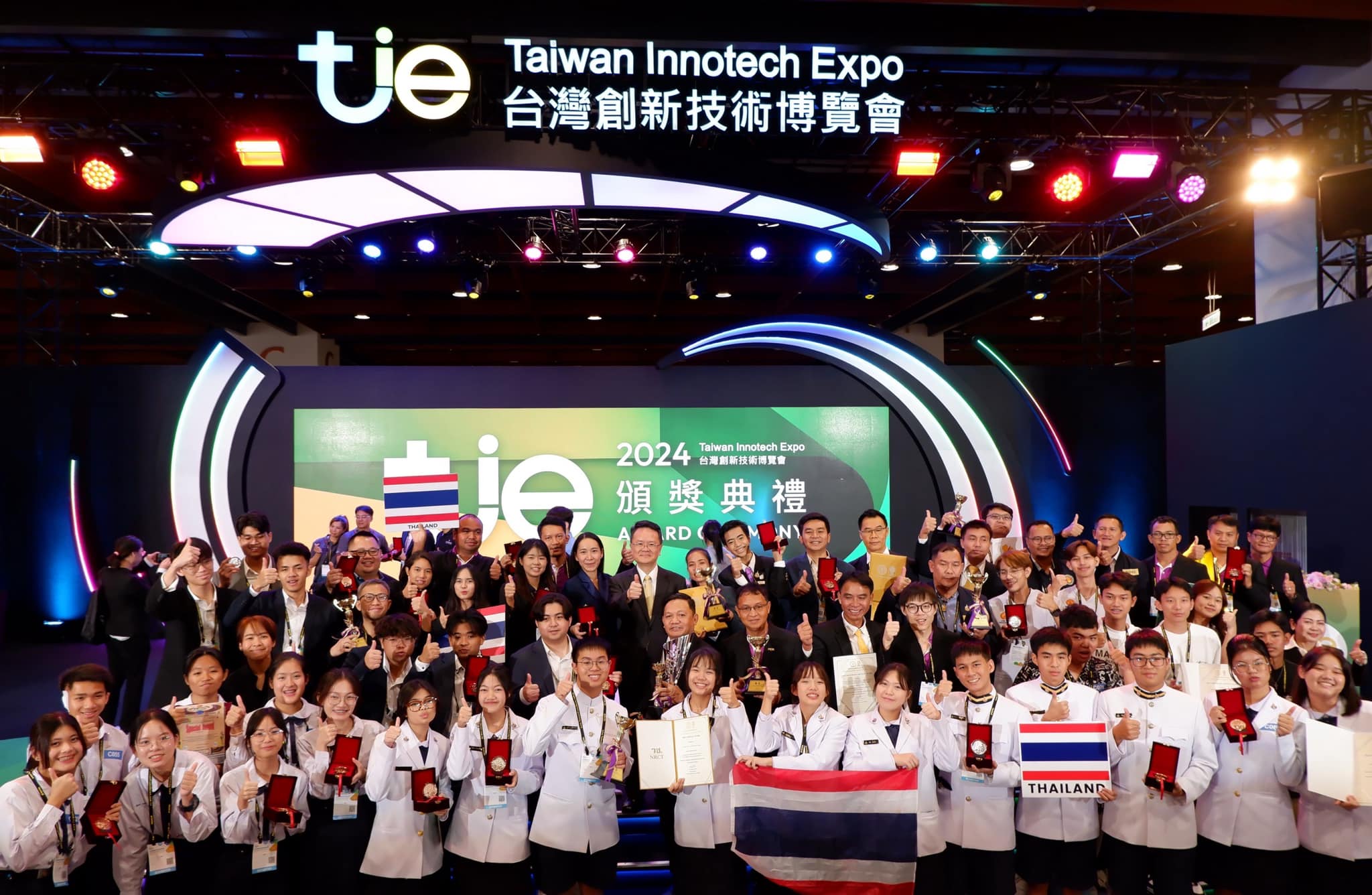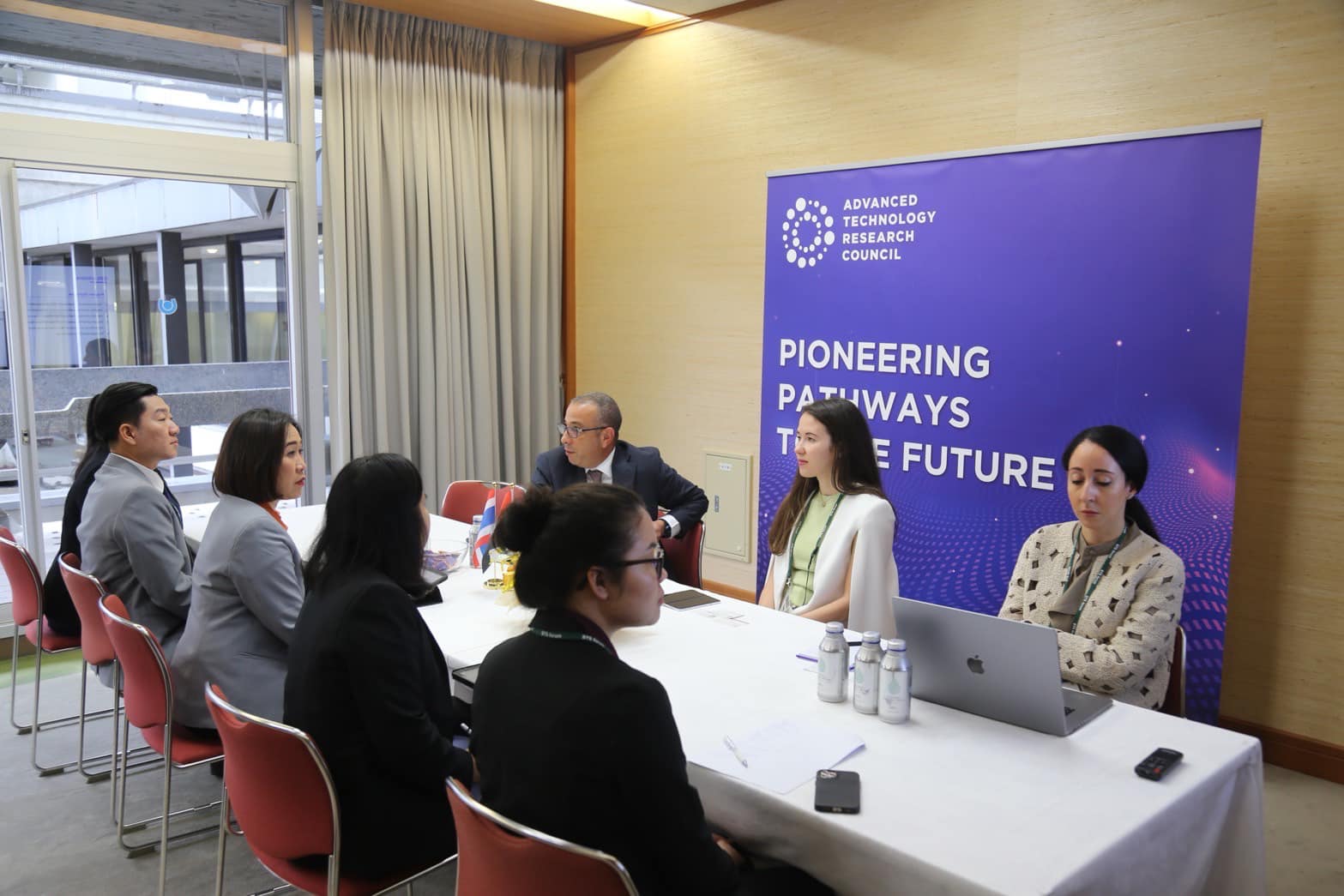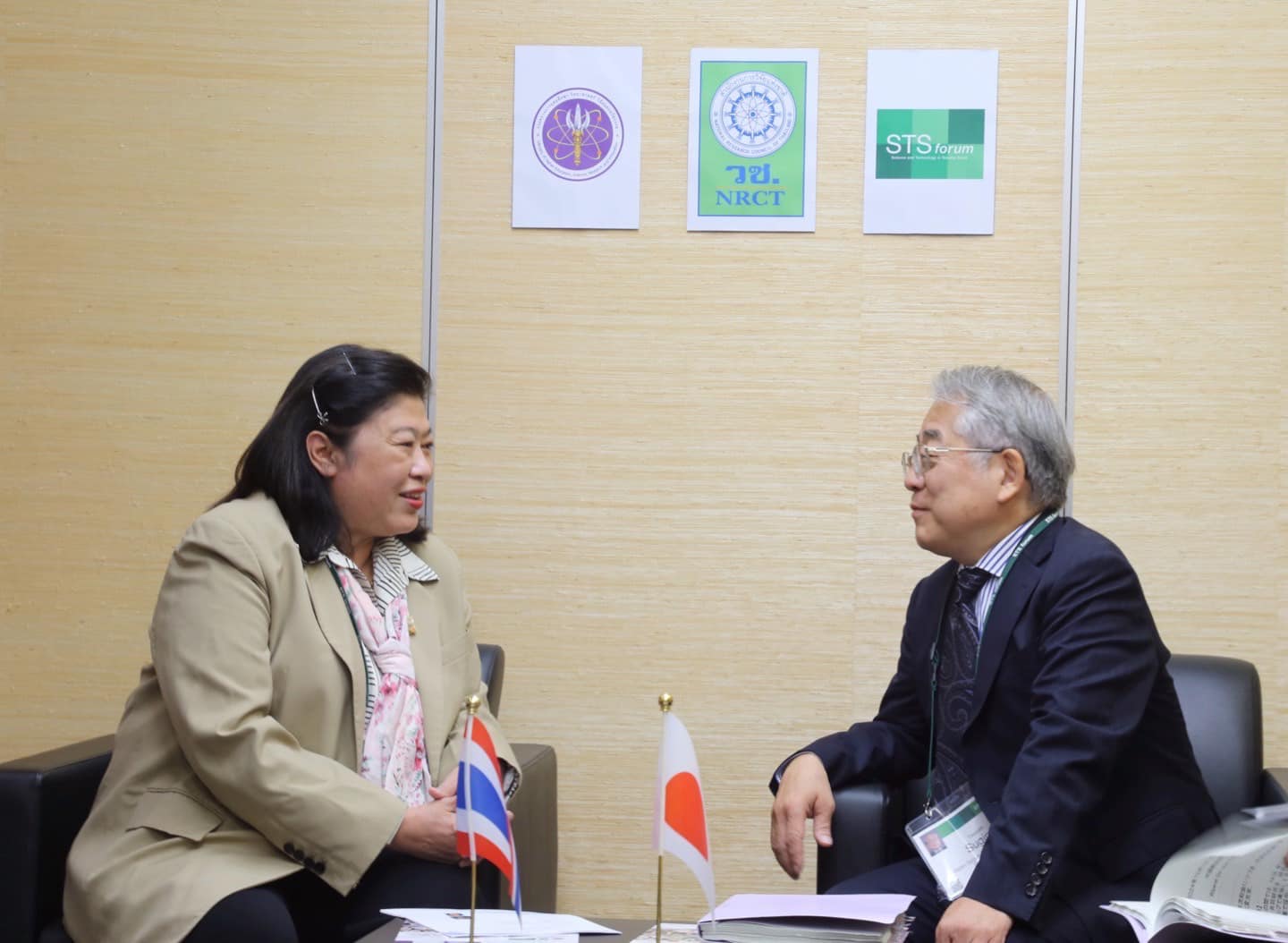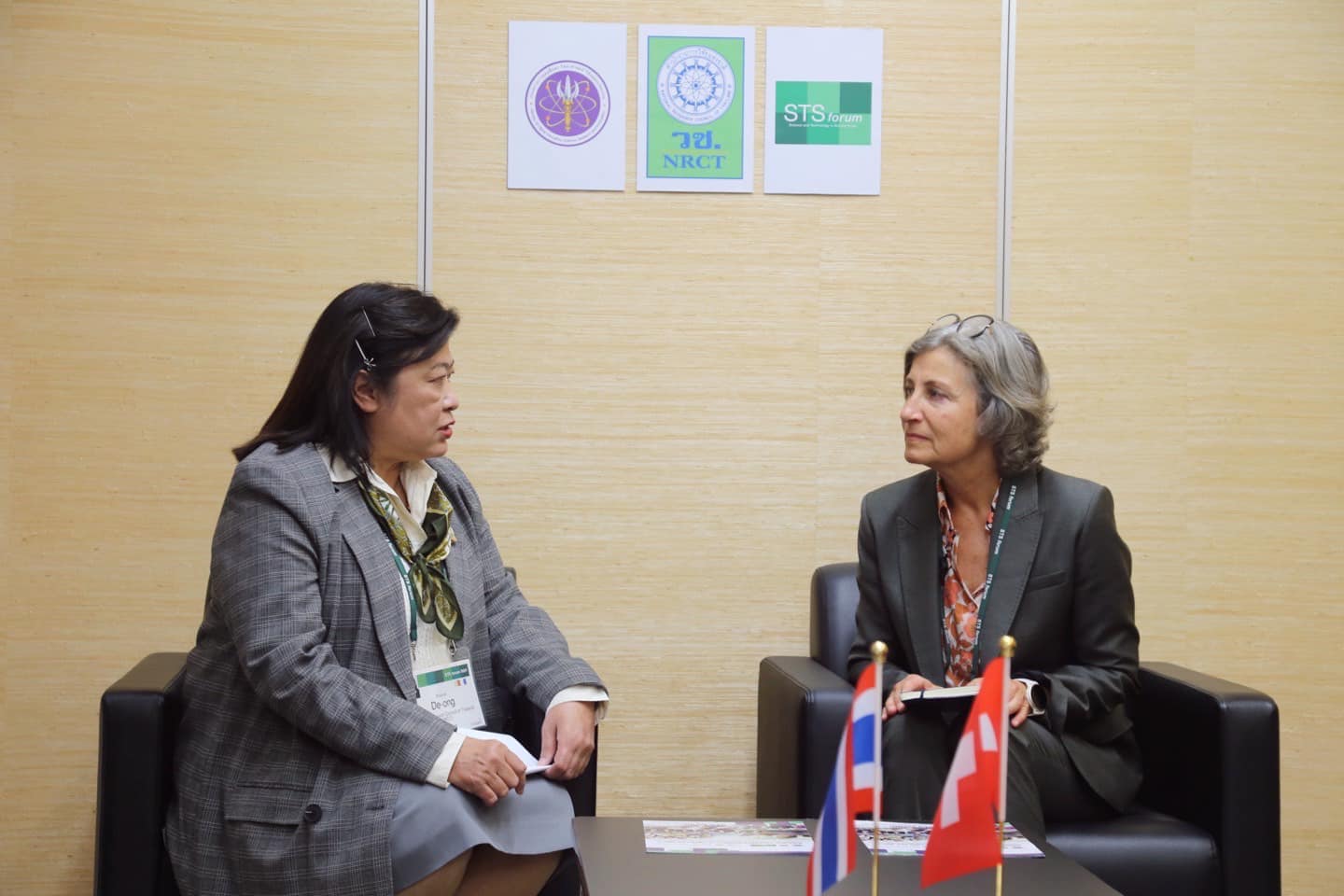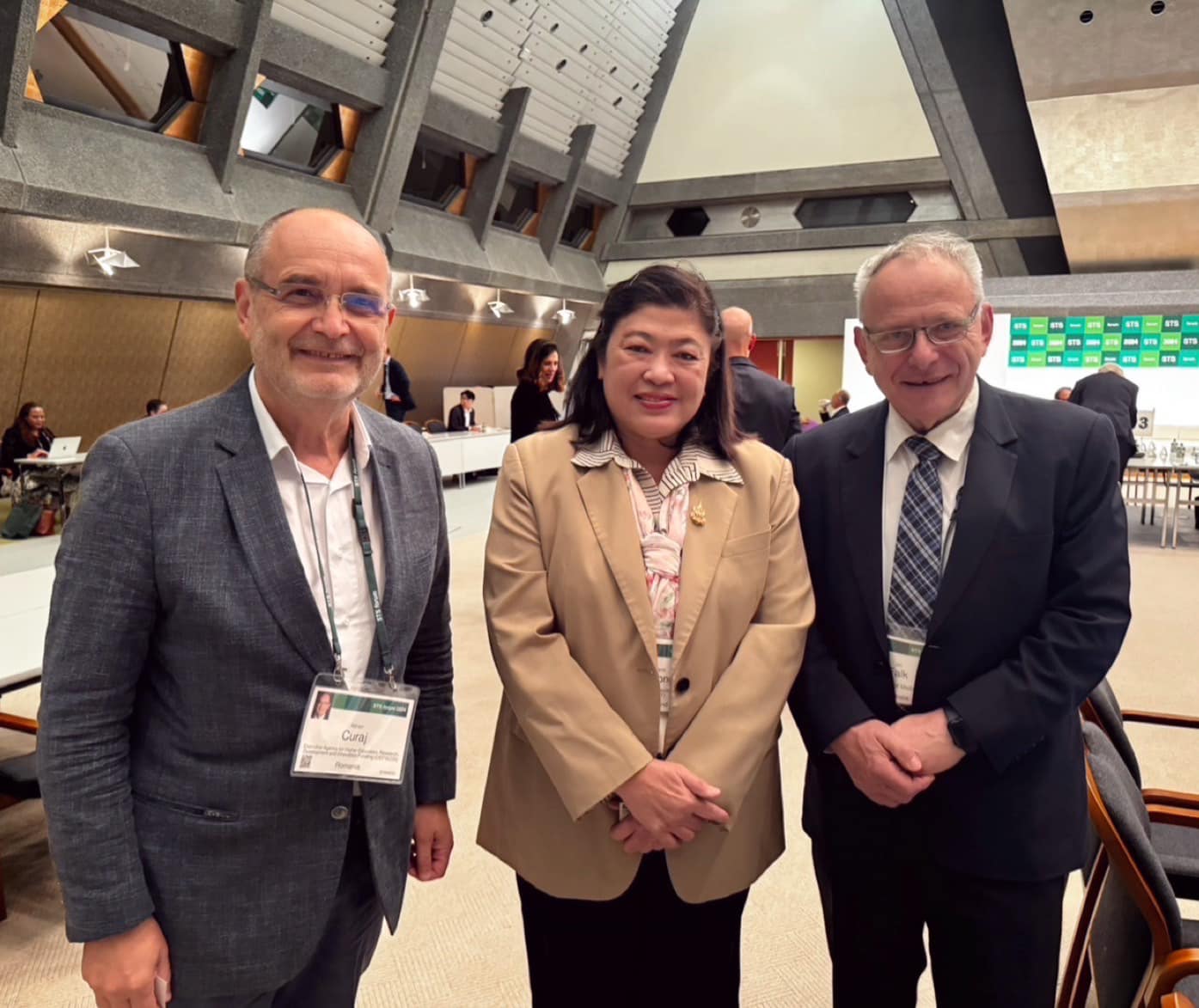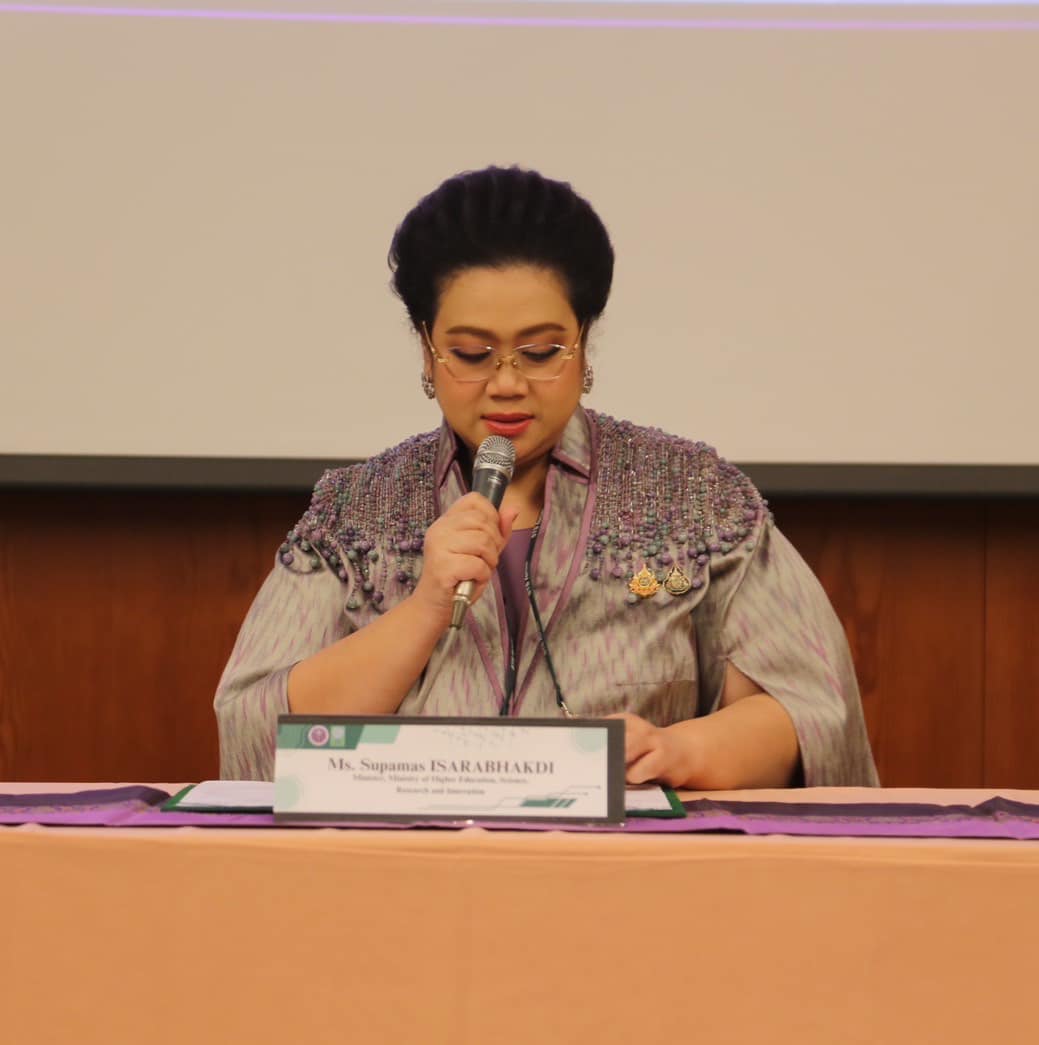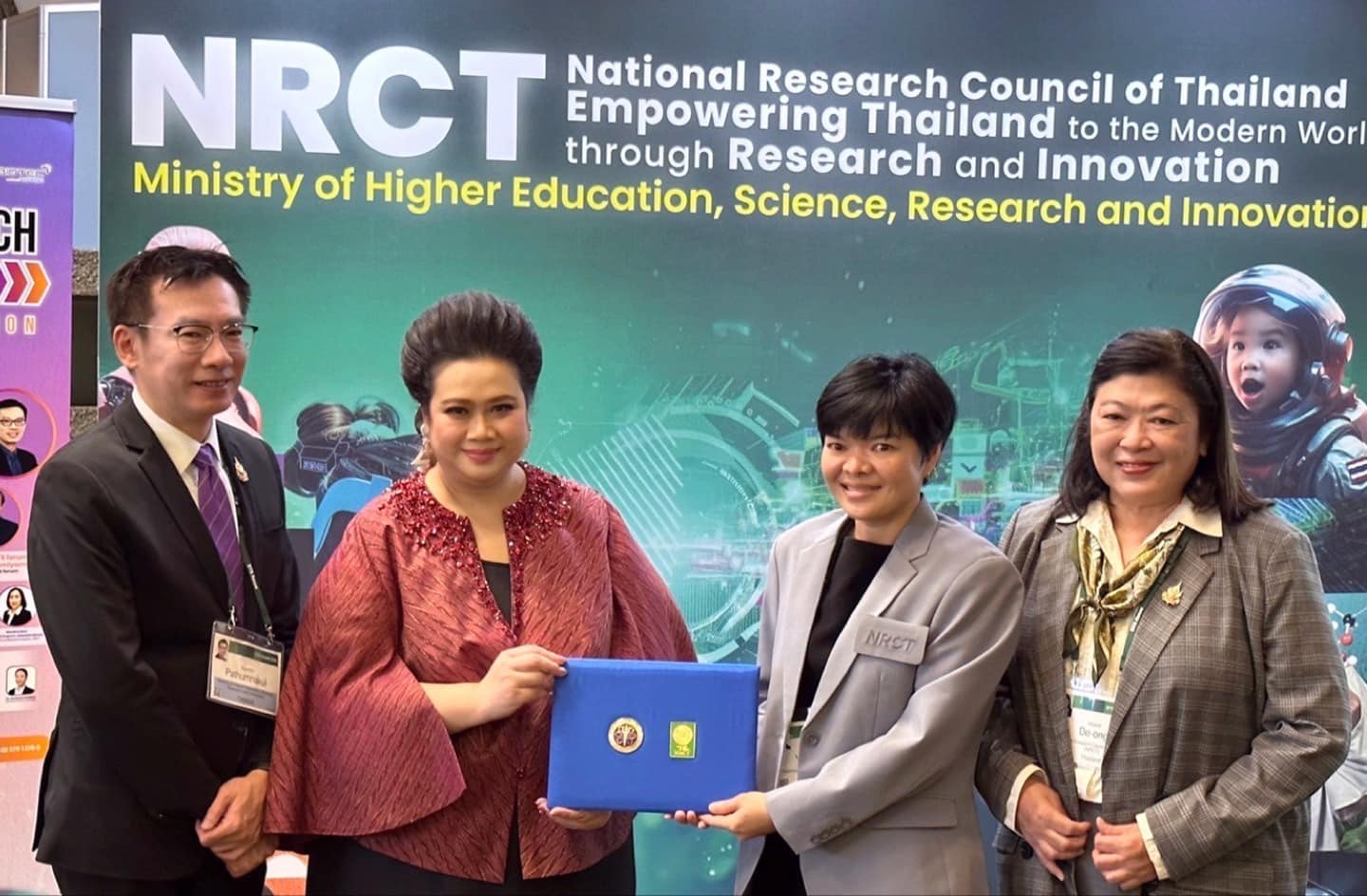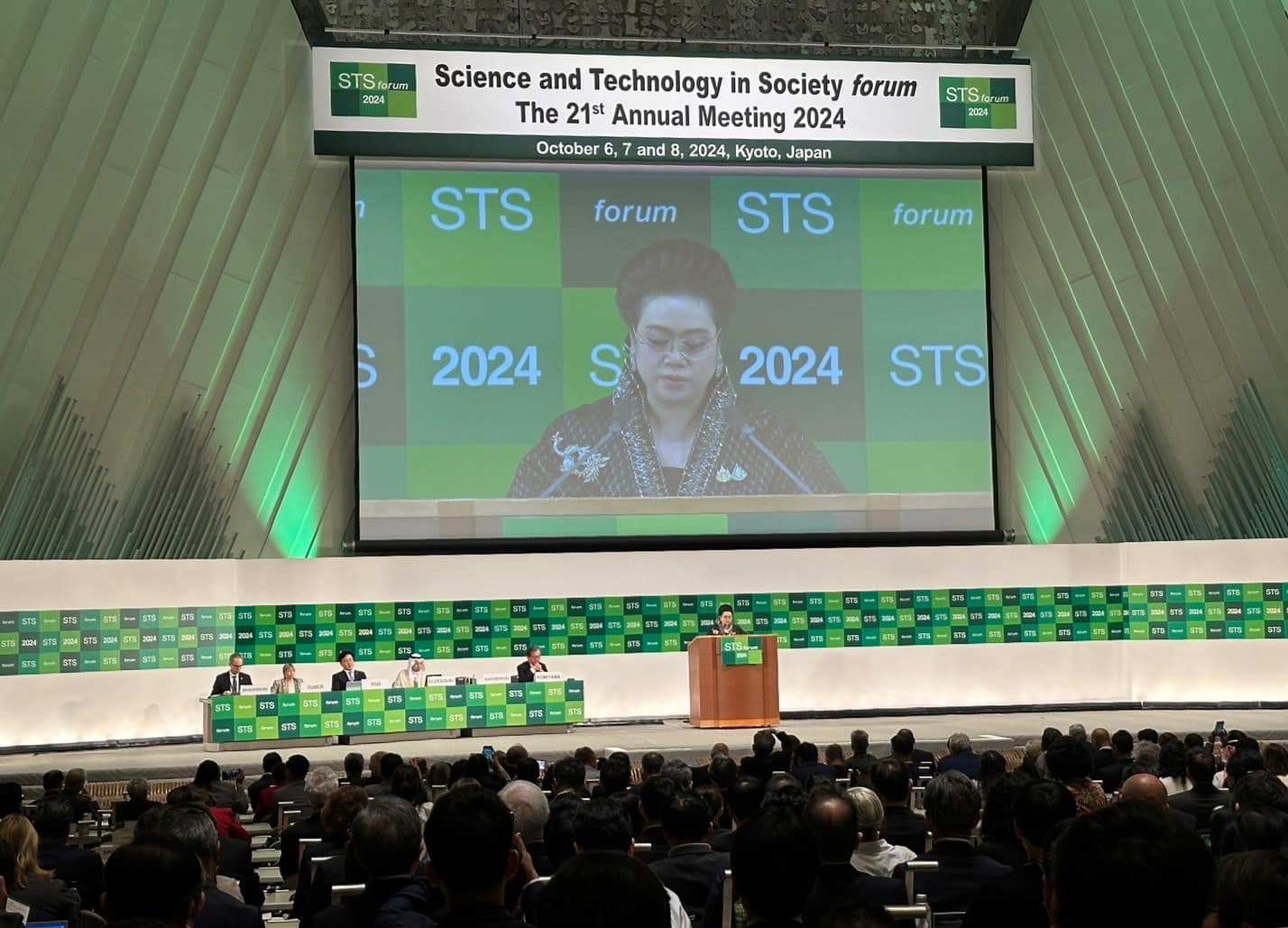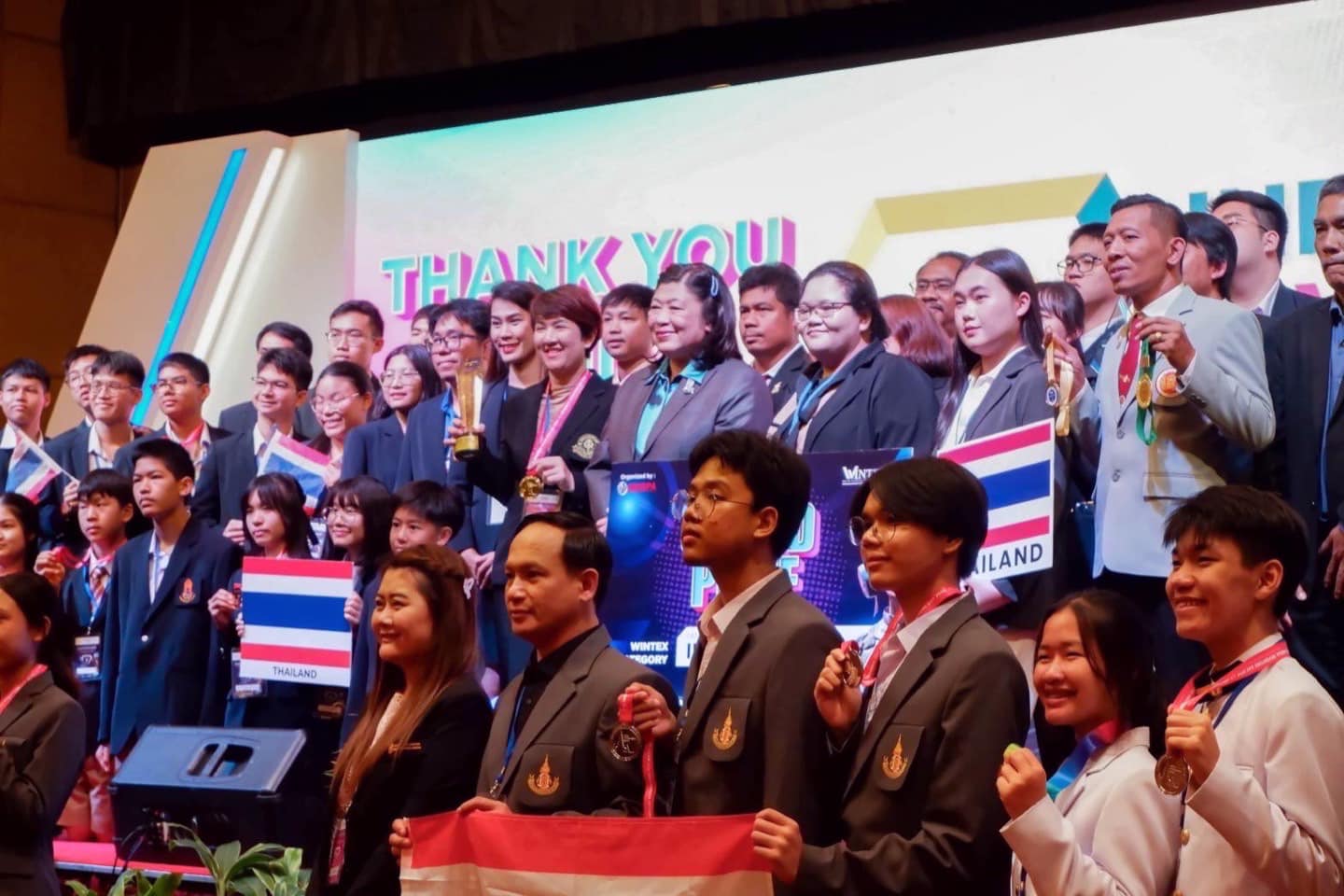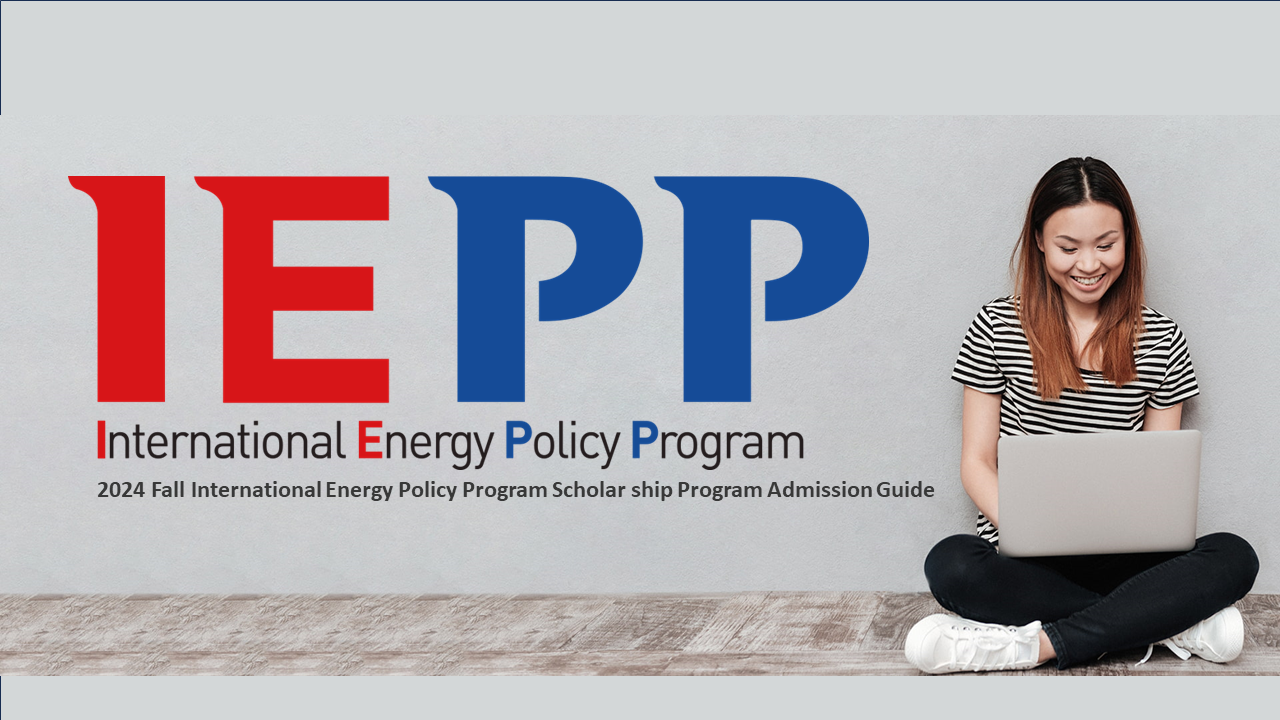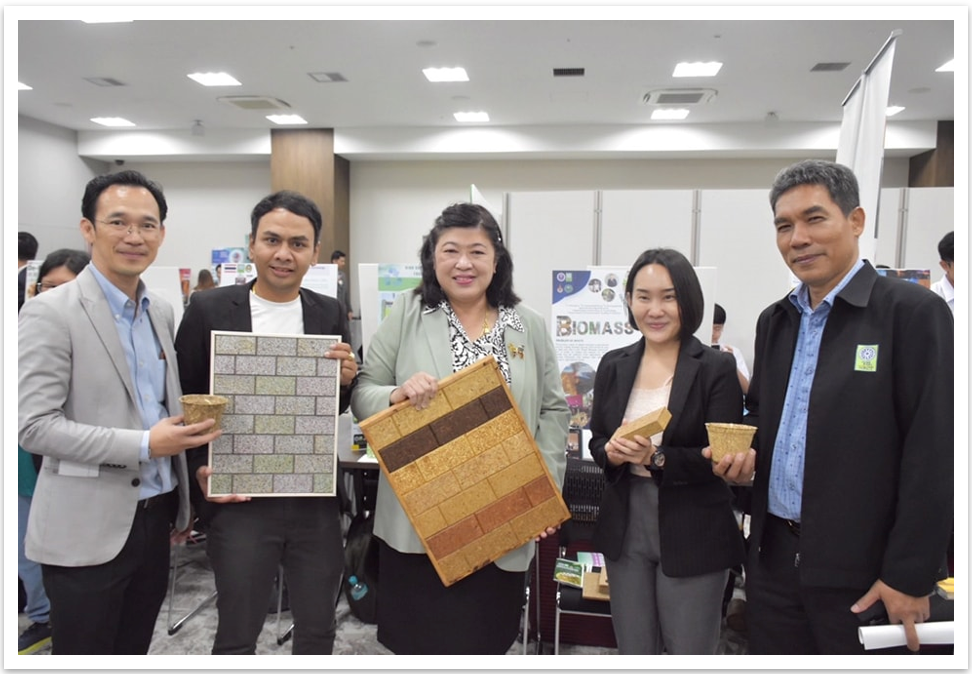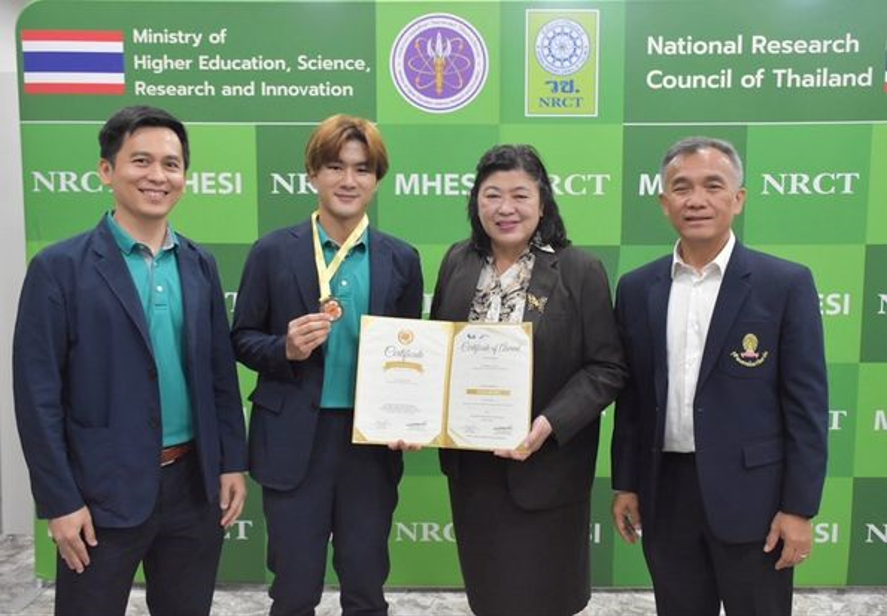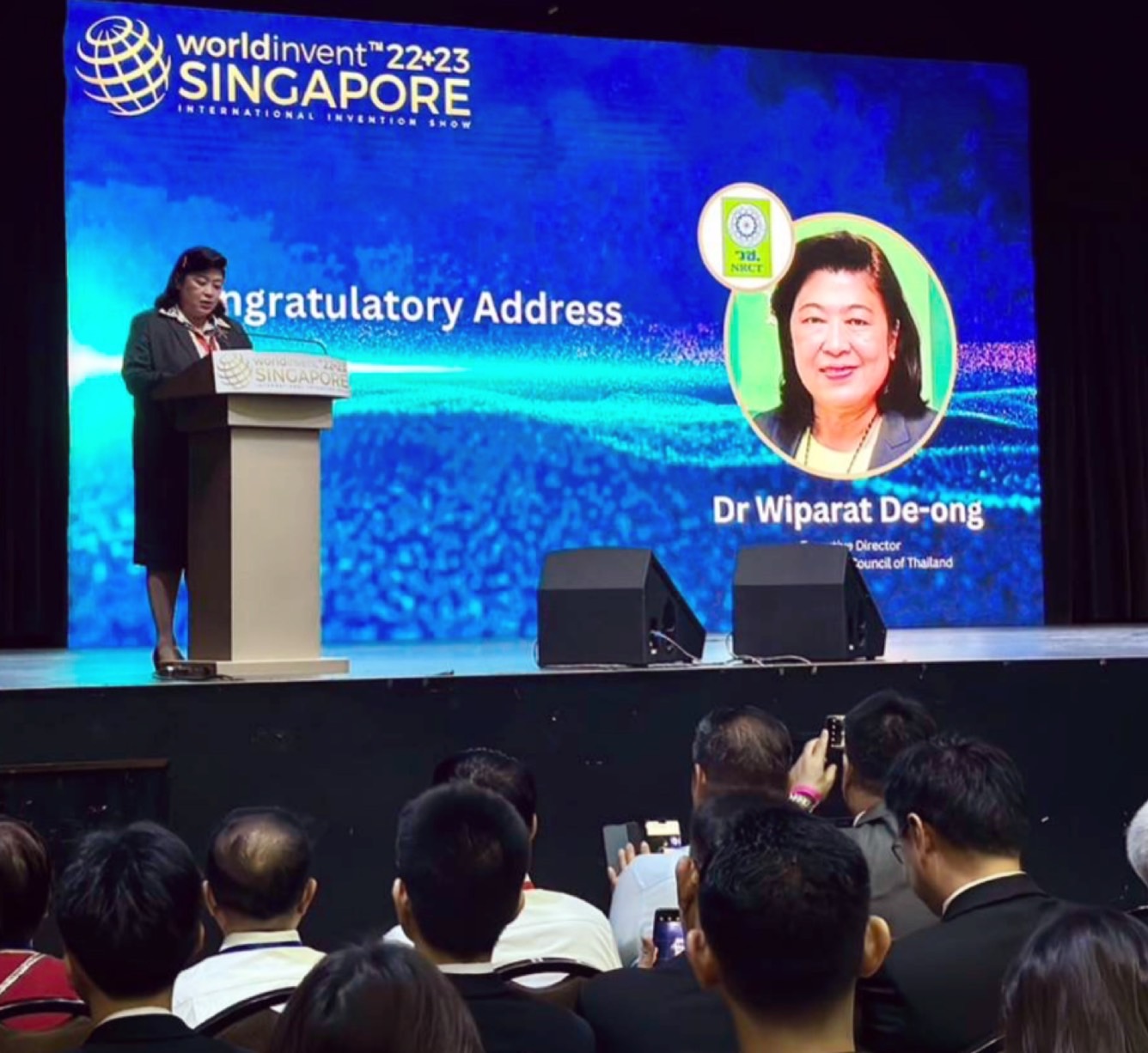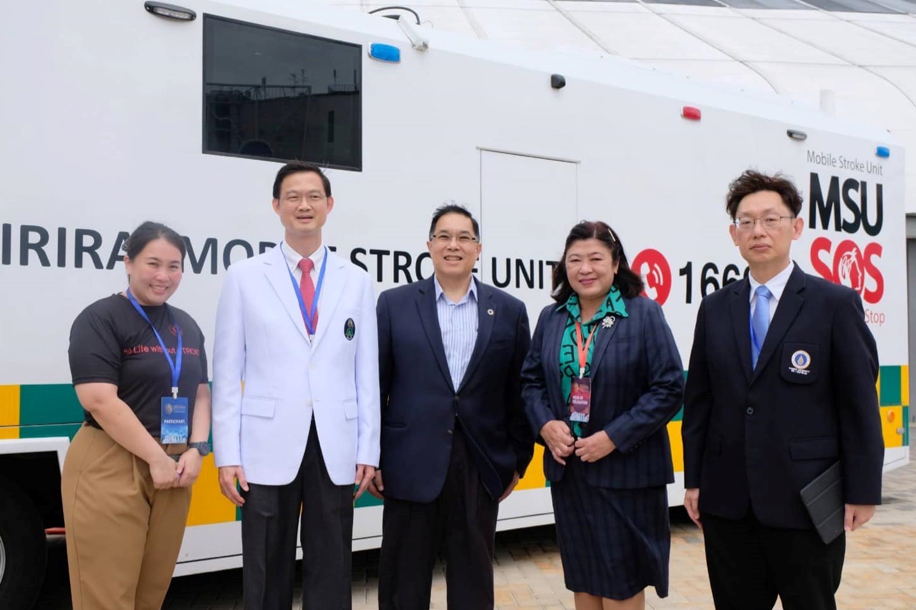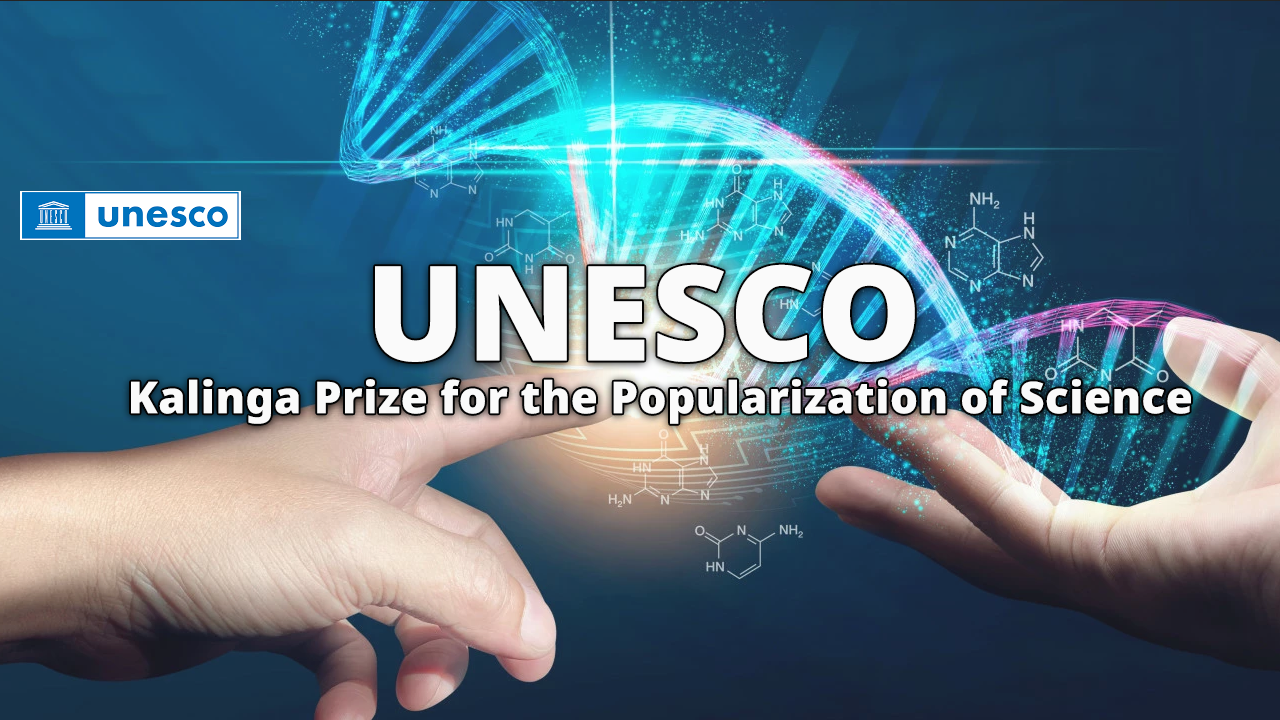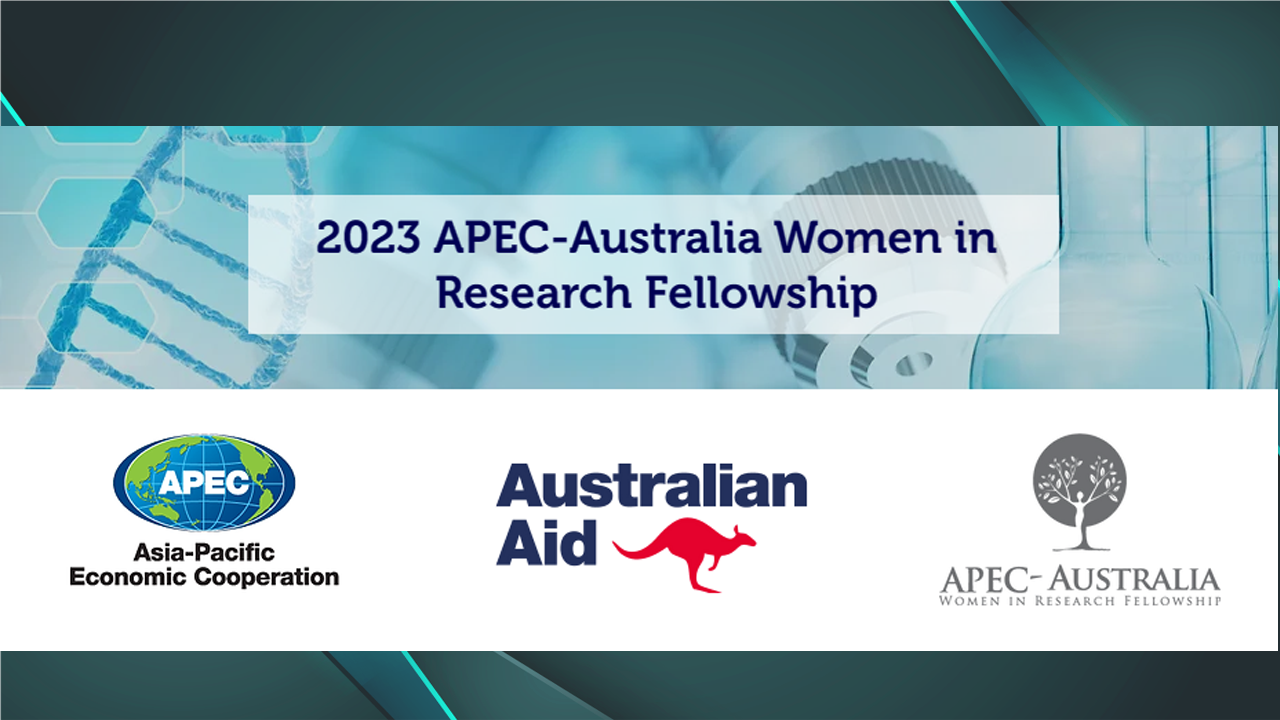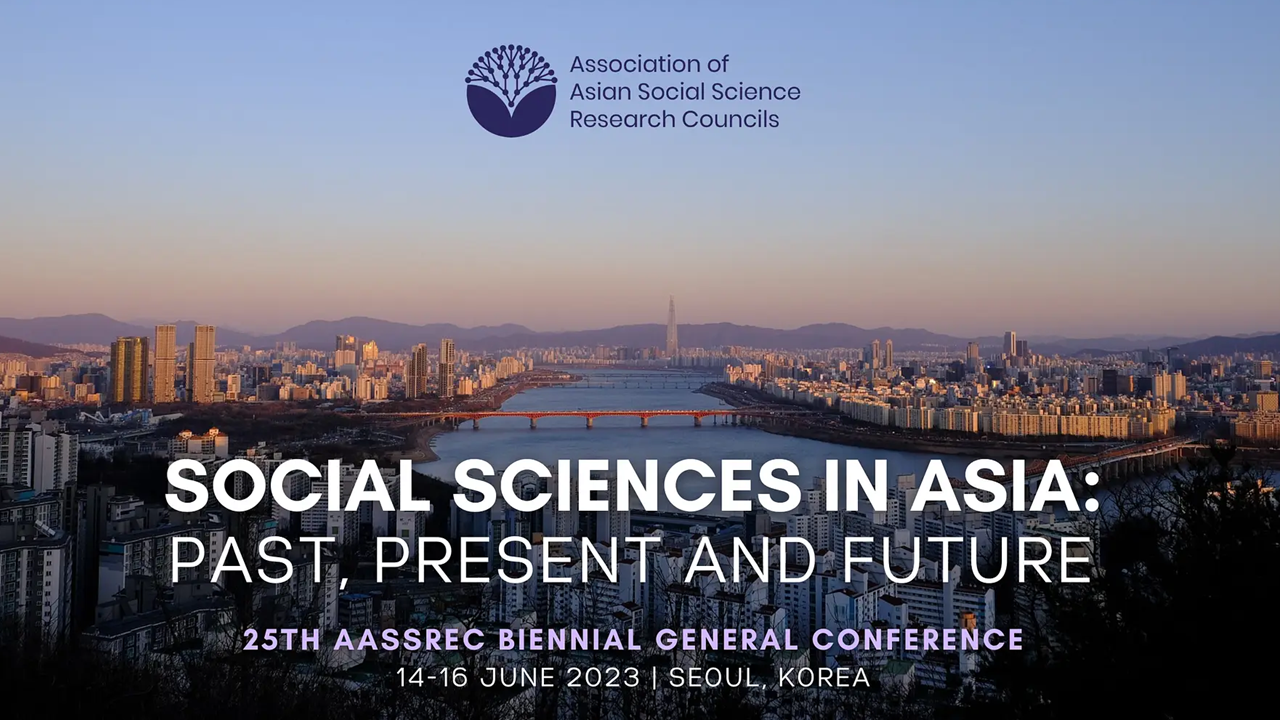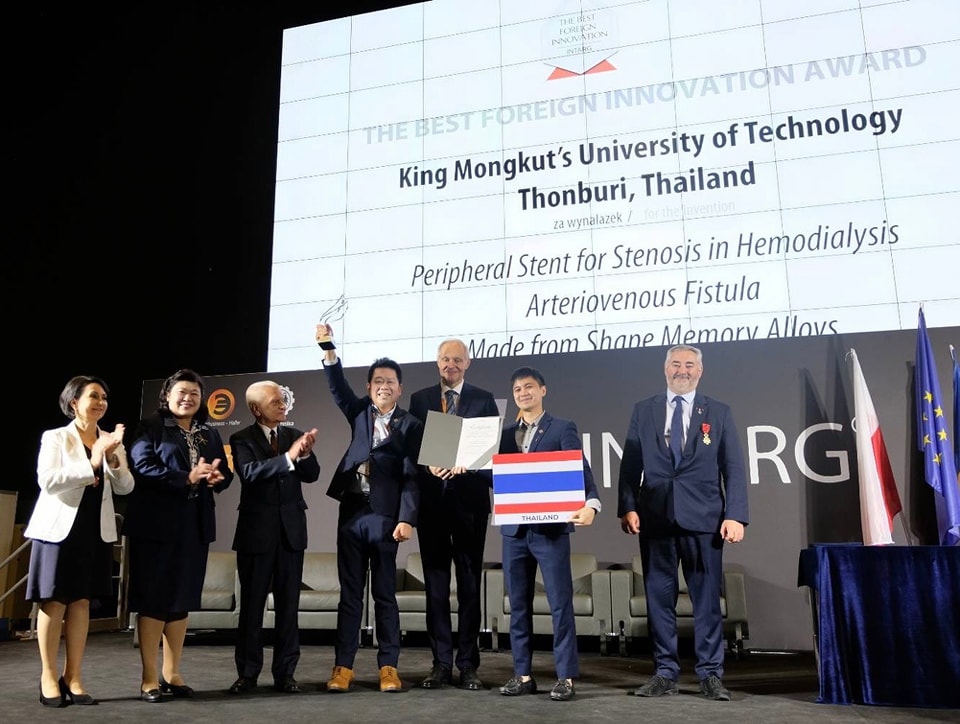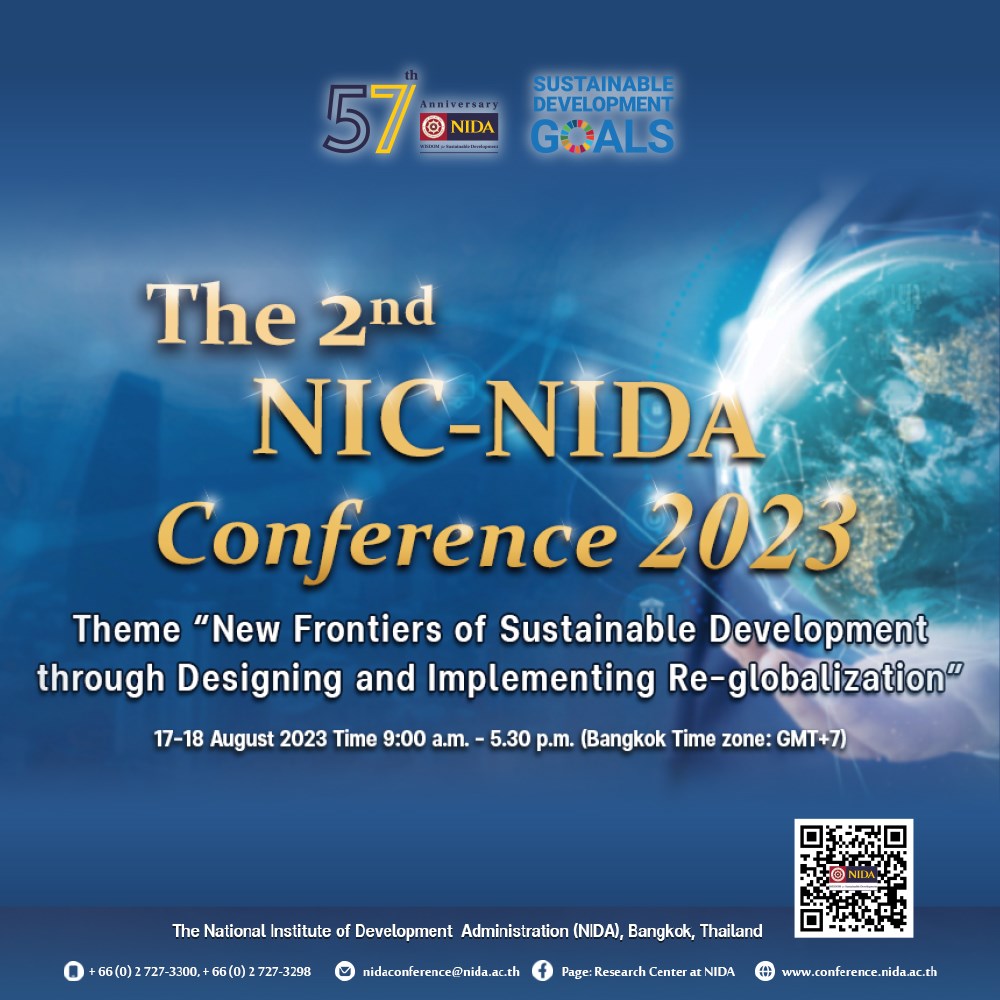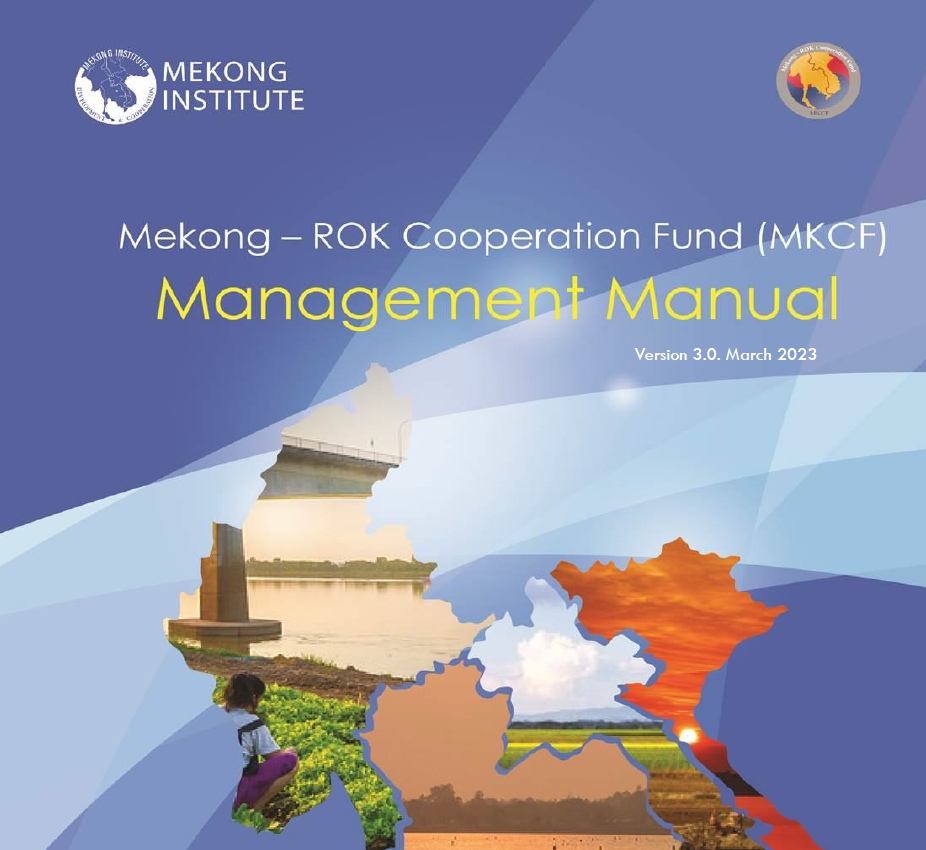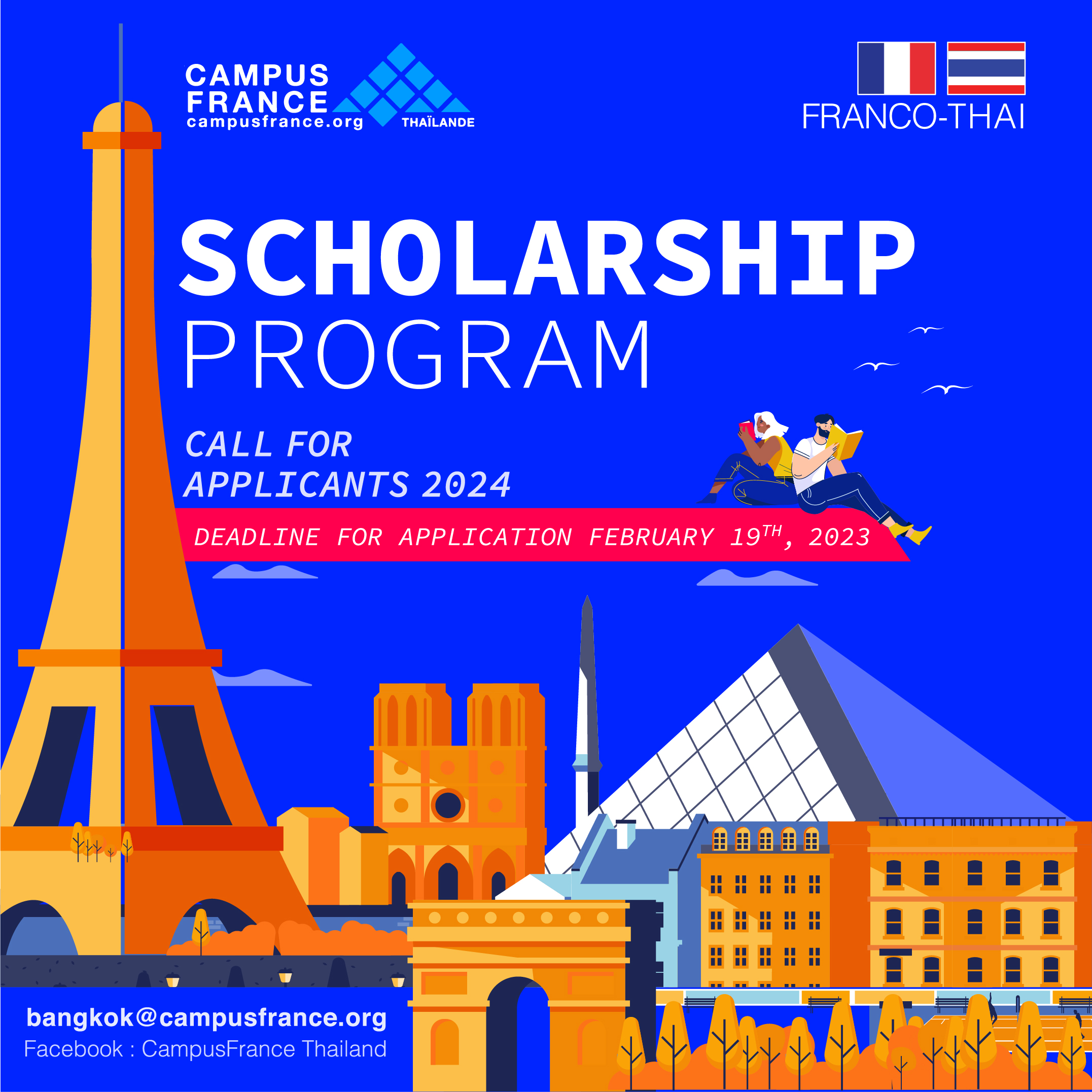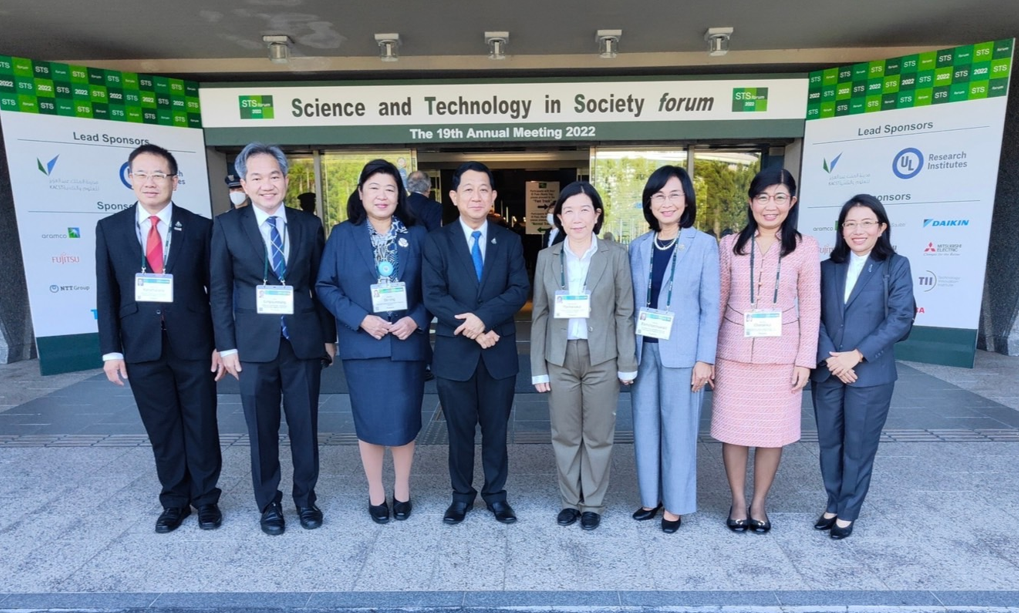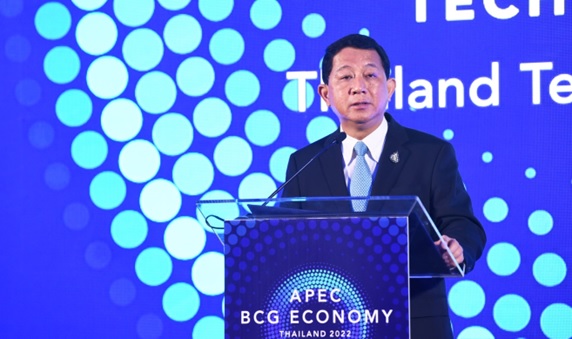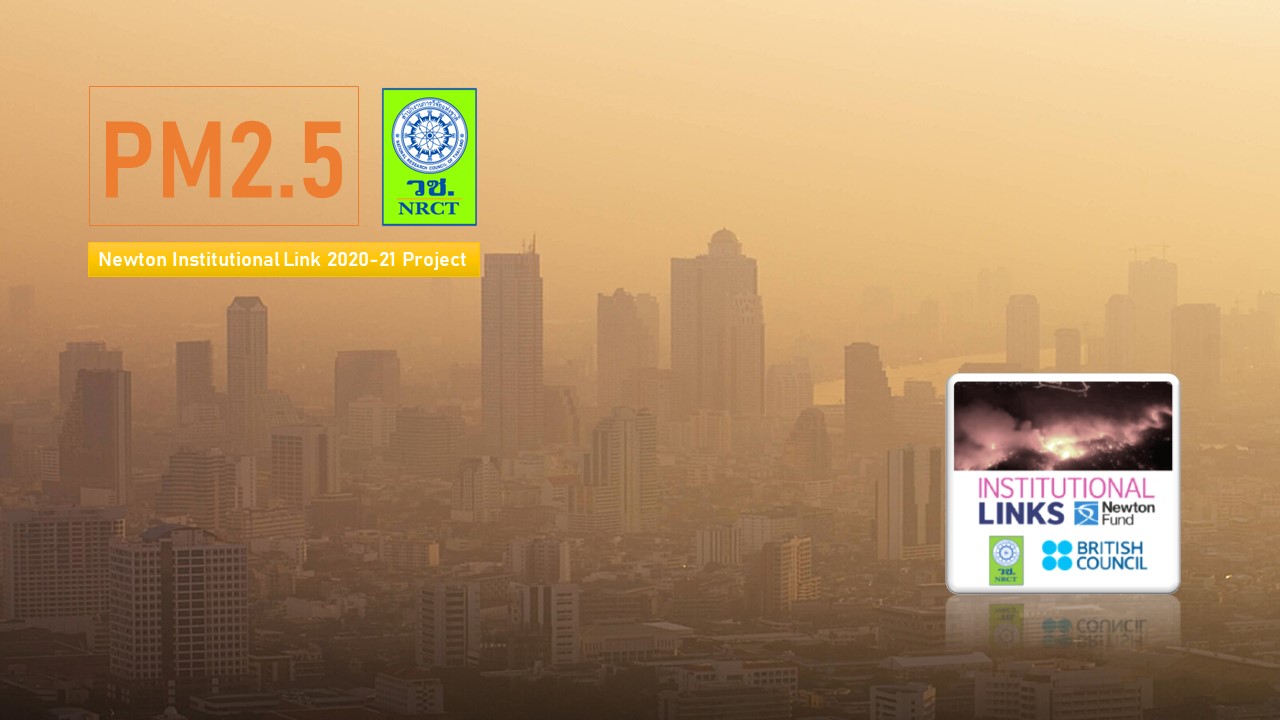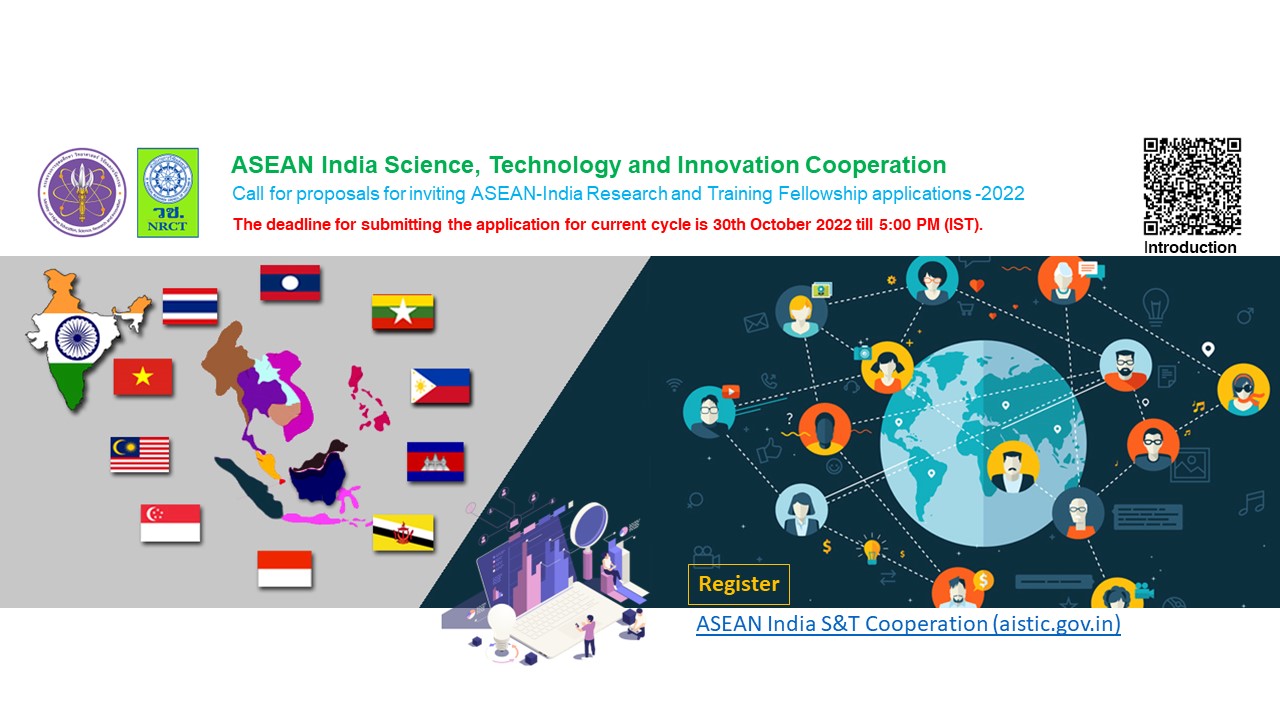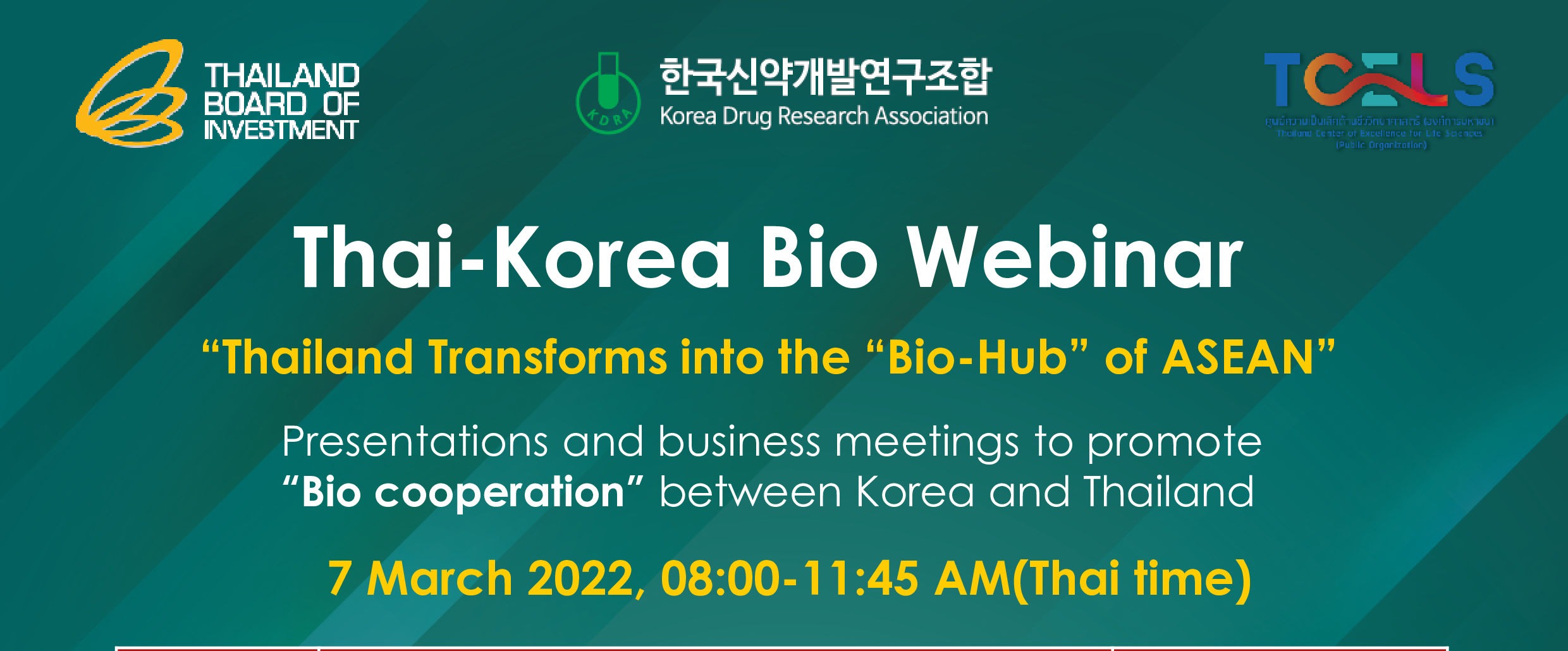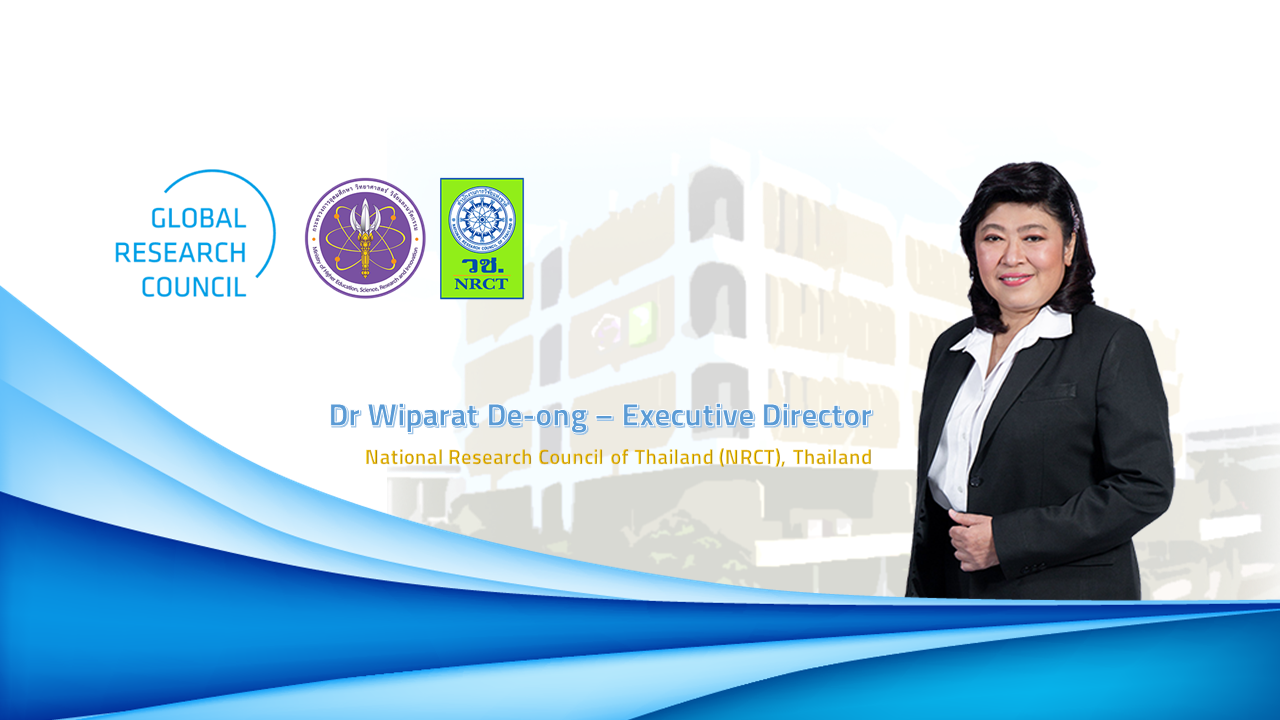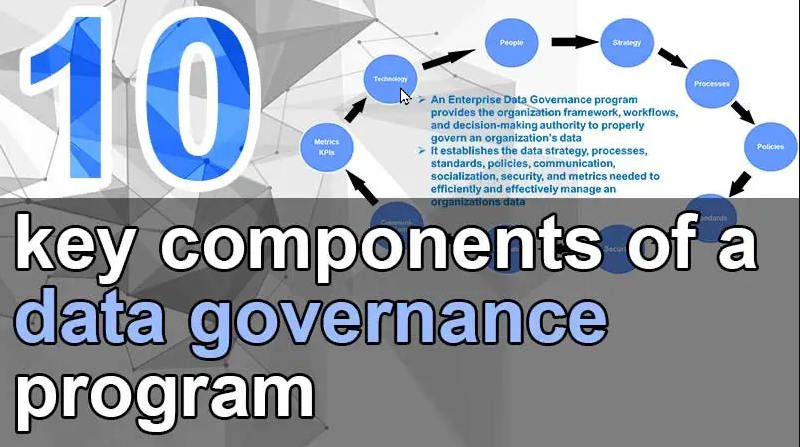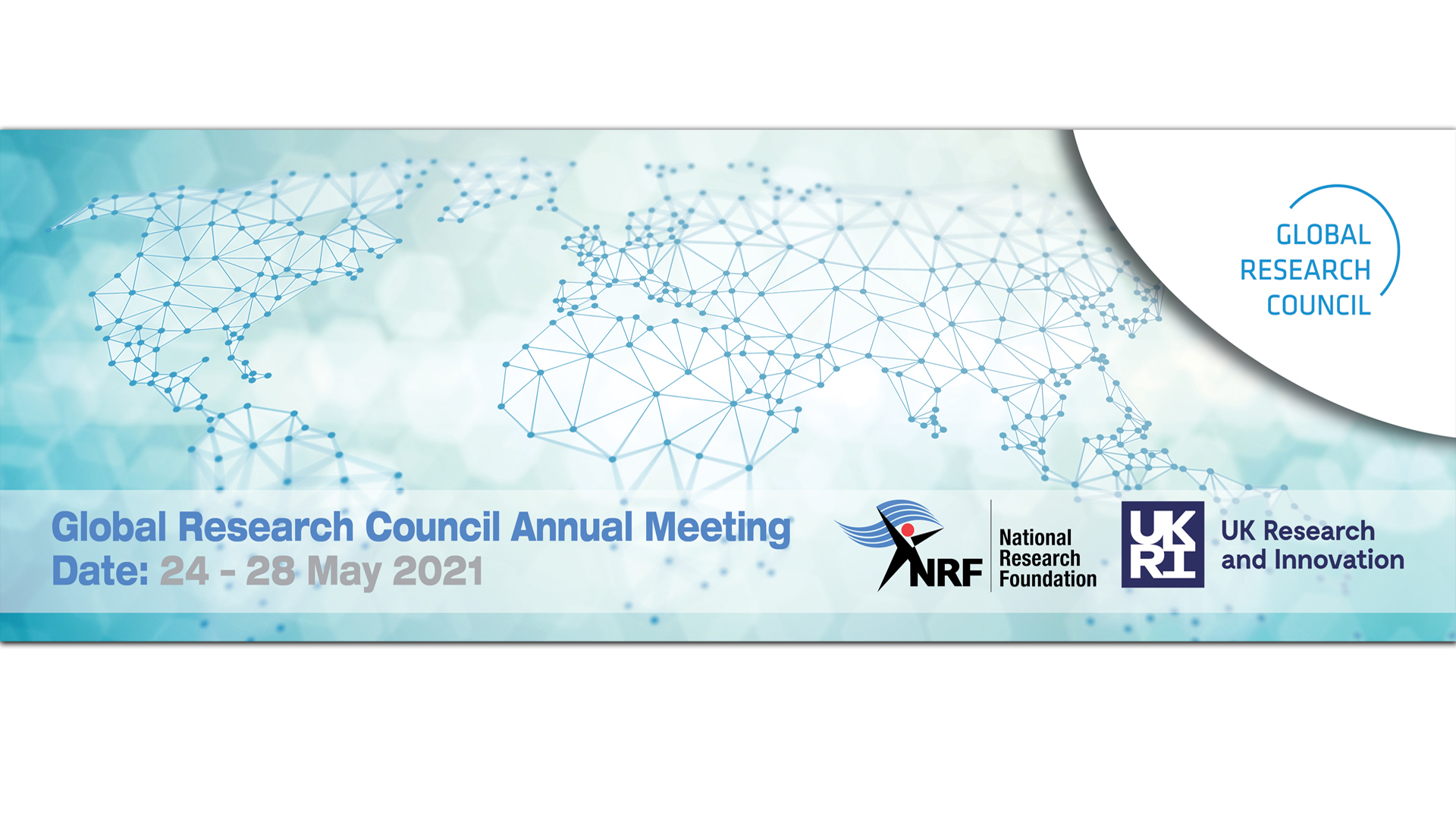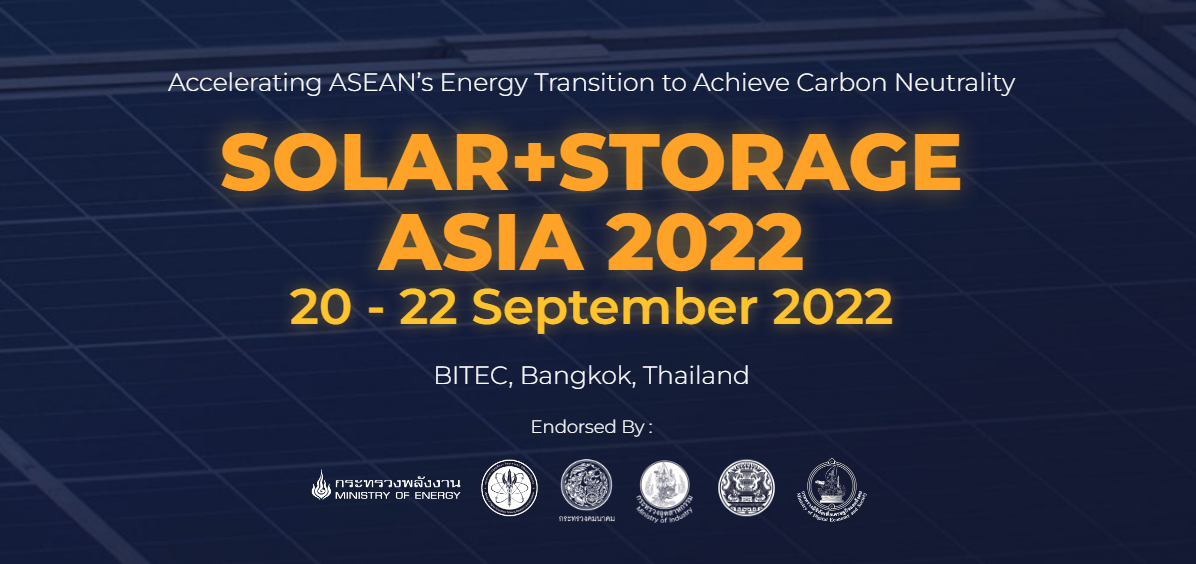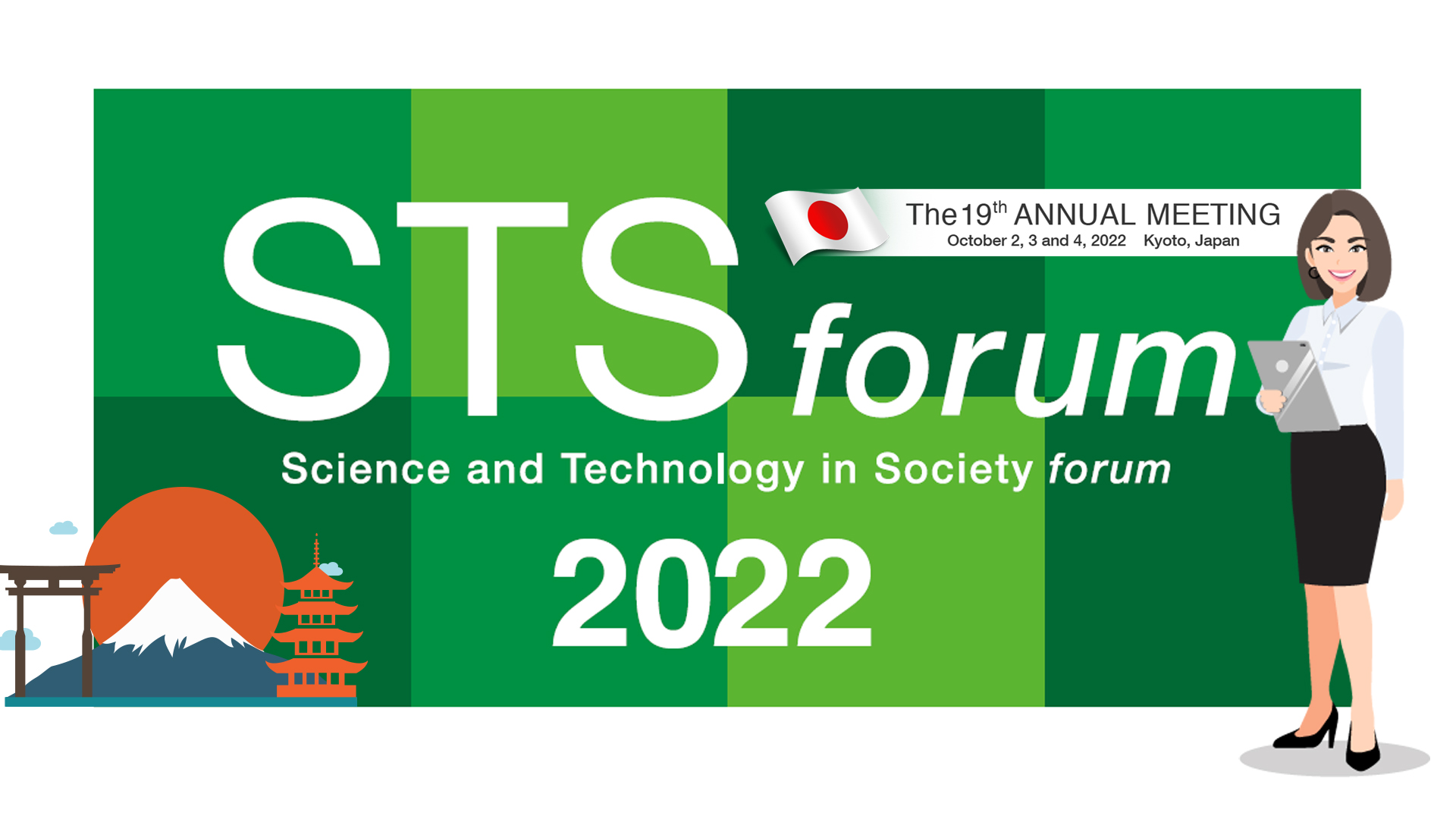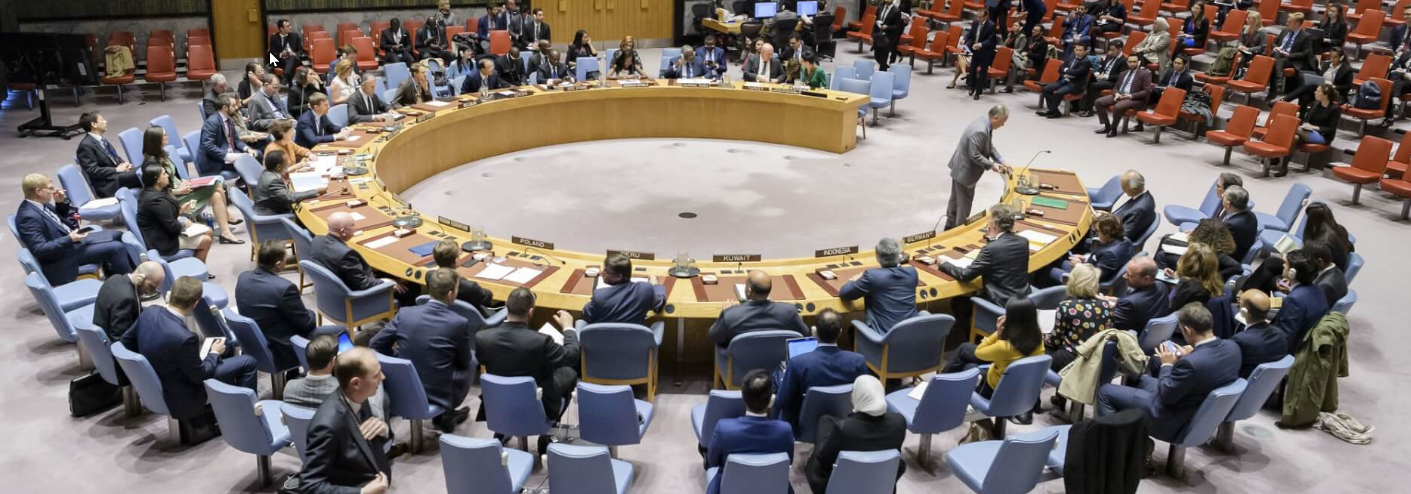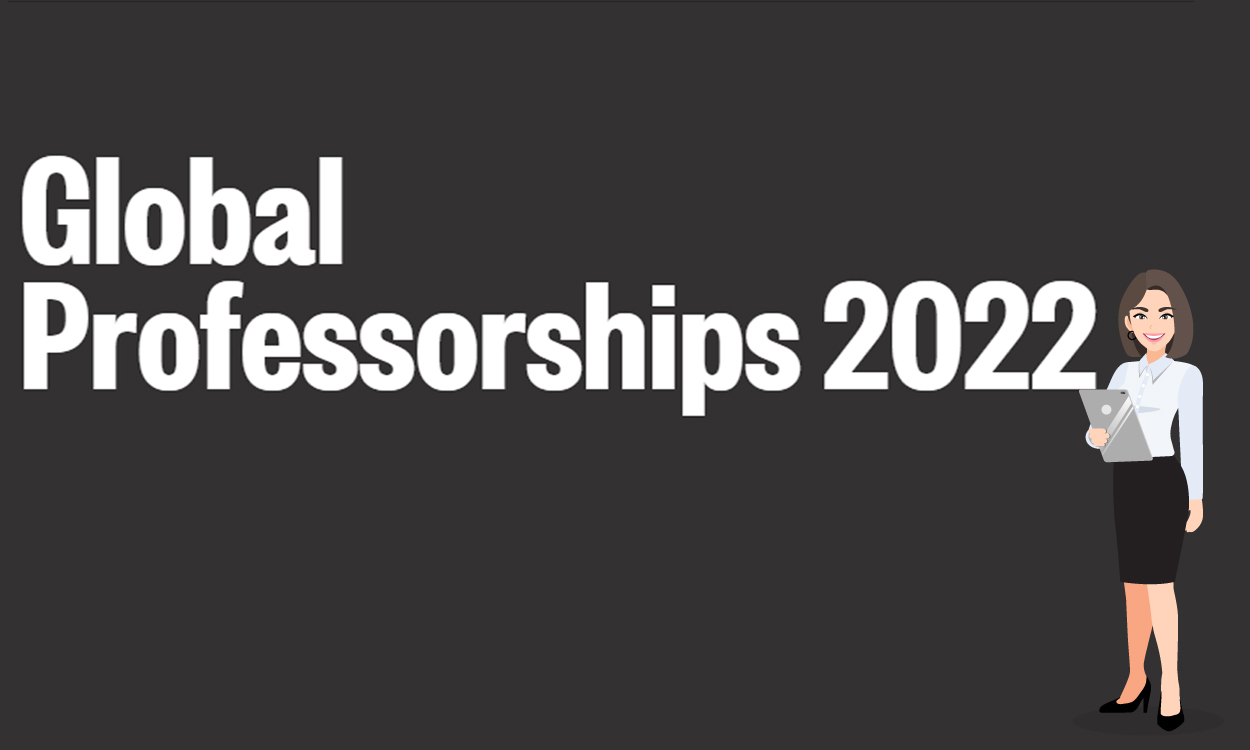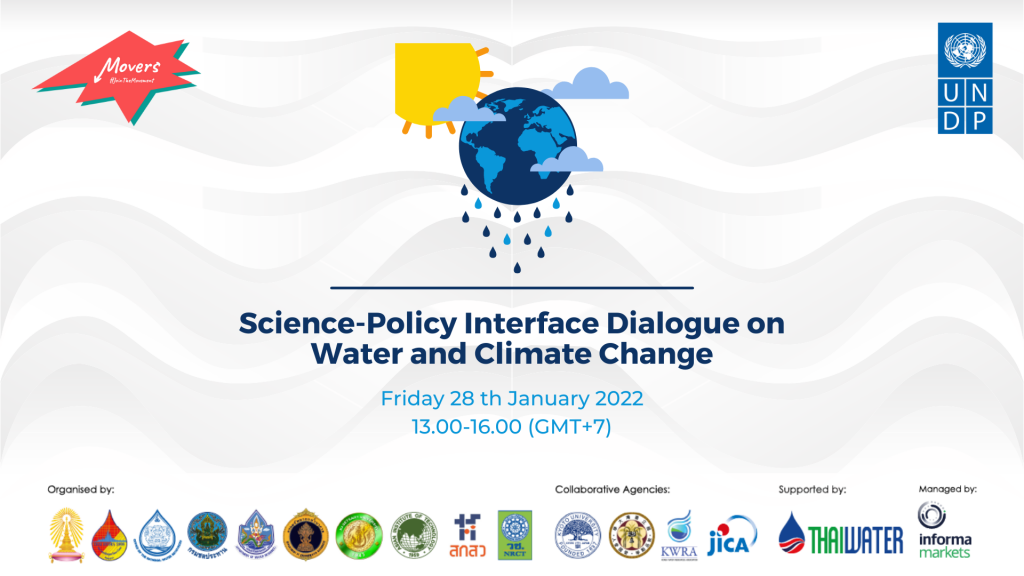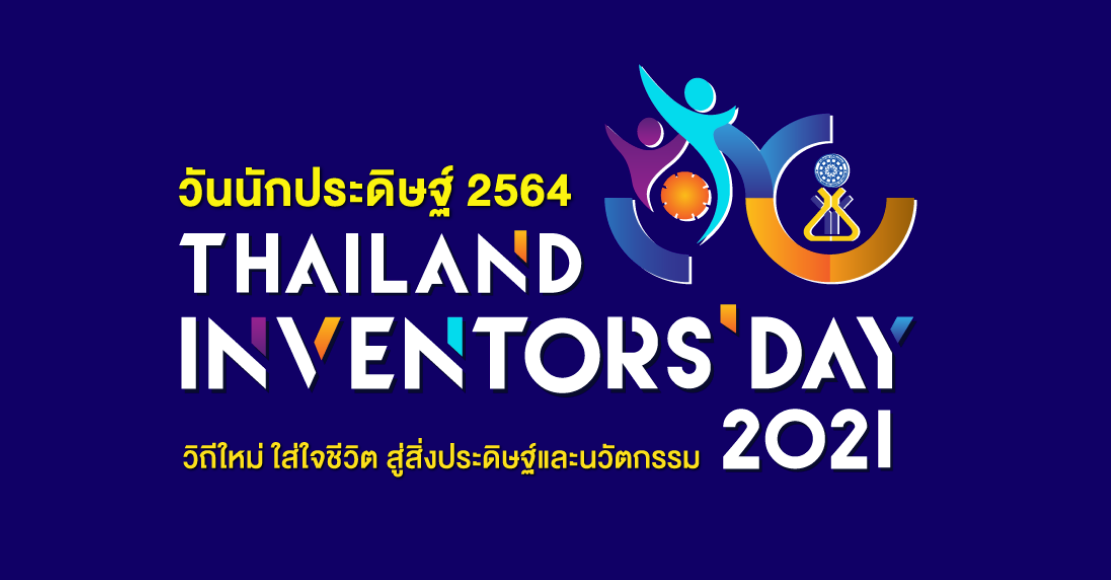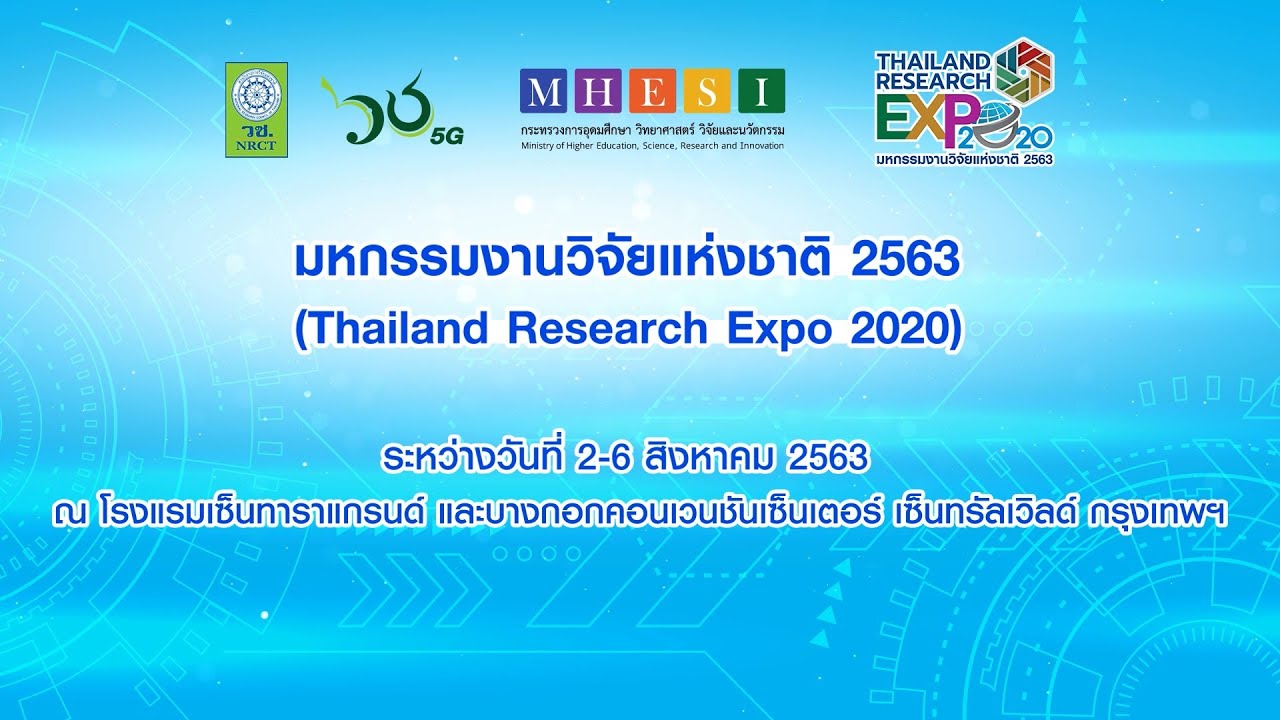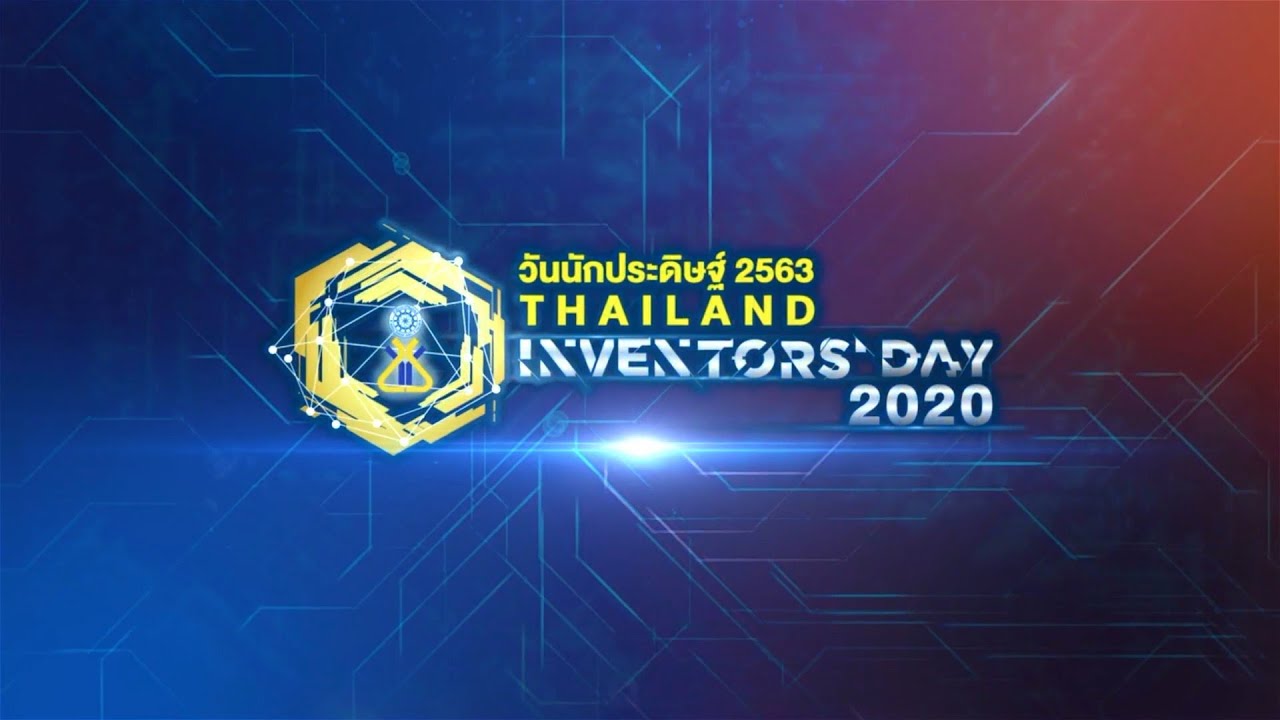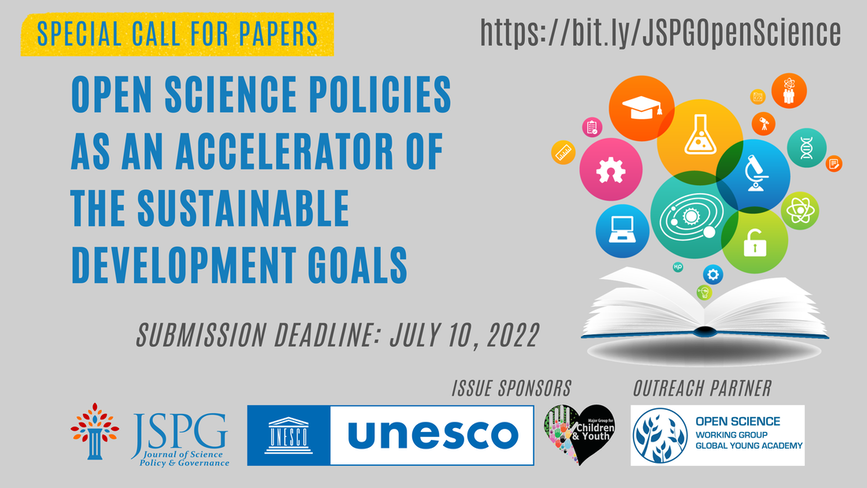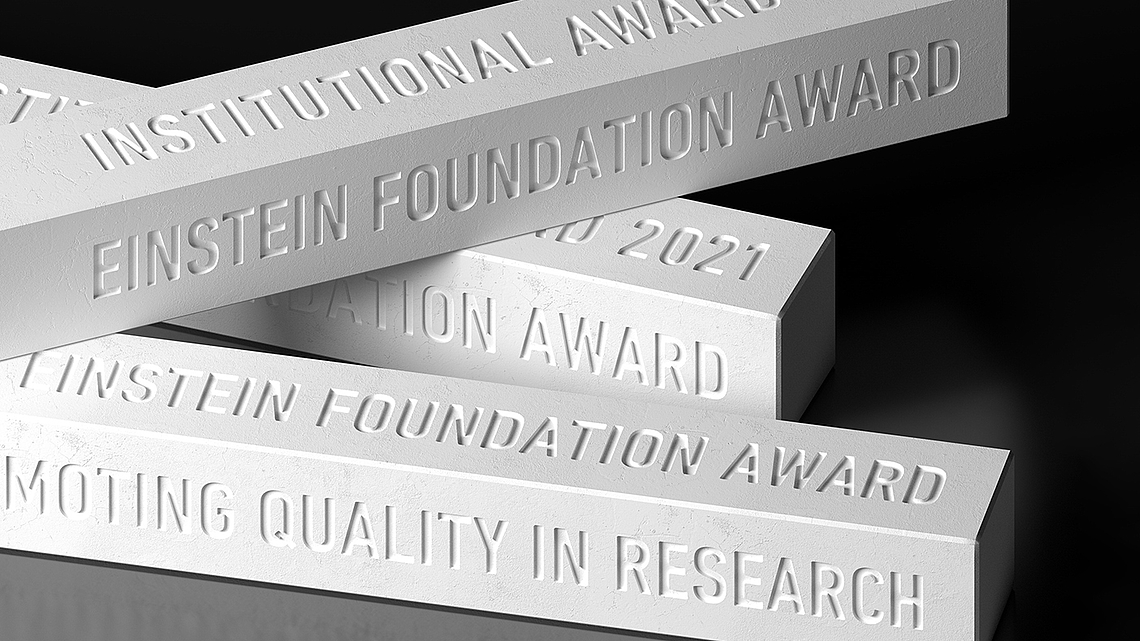
Objective
The Einstein Foundation Award for Promoting Quality in Research aims to provide recognition and publicity for outstanding efforts that enhance the rigor, reliability, robustness, and transparency of research in the natural sciences, the social sciences, and the humanities, and stimulate awareness and activities fostering research quality among scientists, institutions, funders, and politicians. To acknowledge the outstanding role early career researchers (ECRs) have in promoting research quality, ECRs will be invited to propose projects that foster research quality and value. Projects will be competitively selected for funding and internationally showcased.
The Einstein Foundation Award honors individual researchers from all fields, as well as collaborations, institutions, and organizations (NGO or governmental), that
- have made substantial contributions to fostering research integrity through outstanding measures that increase the quality and reliability of research, e.g. by improving transparency, access to research results (‘Open Science’), overcoming the fragmentation of research (‘Team science’);
- have developed and/or implemented quality-improving interventions, governance and policies;
- have delivered groundbreaking research on research to identify opportunities for improving research practice, have generated evidence for potential interventions, and have developed metrics and policies that incentivize the adoption of the best possible research practices;
- have developed innovative approaches that foster research on research integrity, have conducted and designed novel measures or programs preventing misconduct and safeguarding validity and reliability in science and research;
- have identified and addressed systemic factors leading to improved research integrity and more responsible research;
- have performed or supported studies on the reproducibility of scientific results;
- have made a significant contribution to the teaching of good research practice;
- have identified research standards and incentives that directly or indirectly constrain the quality of research (e.g. reliance on purely quantitative output measures) and have designed more adequate means to assess the quality of research and researchers;
- have demonstrated exceptional integrity when facing difficult circumstances and/or conflicts of interest;
- have significantly contributed to increasing the diversity of research by taking into view aspects such as gender, race/ethnicity, geography, career stage, etc.;
- guarantee the long-term archiving of data and publication (generation-spanning archives);
- or that seek to make such developments and/or contributions in future
Award Categories
The Einstein Foundation will honor successful candidates in the following three categories:
Individual Award: Individual researchers or small teams of collaborating researchers can be nominated. The laureate will be awarded €200,000.
Institutional Award: Governmental and non-governmental organizations, institutions, or other entities can apply or be nominated. The award-winning organization or institution will receive €200,000. If governmental organizations or institutions are the recipients of the award, they will not receive any funds in addition to the award itself. Non-Governmental organizations can be publicly funded; although government representatives may sit on an NGO’s governing board(s), governments cannot unilaterally determine the use of the organization’s funds, its structure, or its activities.
Early Career Award: Early career researchers or small teams of collaborating researchers can submit a project proposal that seeks to foster research quality and value for an award of €100,000.
Eligibility and Requirements
This award is open to any researcher or group of researchers, organizations, or institutions involved in science and research, education, and scholarship. To be eligible for the early career award, candidates must hold a doctorate or have equivalent research experience and should have been independent researchers for no longer than five years.
Nominations of an individual or small teams should include a nomination letter, a CV, and a list of relevant publications of each nominee, as well as letters of support from eminent experts and former trainees.
Applications or nominations of organizations and institutions should consist of a nomination or application letter, as well as letters of support from eminent experts.
Early career researchers or small teams of early career researchers should submit a letter of motivation, a project proposal, as well as a CV, and a list of relevant publications for each team member.
Jury
The Einstein Foundation Council has convened an outstanding group of scholars, representing the natural sciences, the humanities, and the social sciences, to select the award winners.



